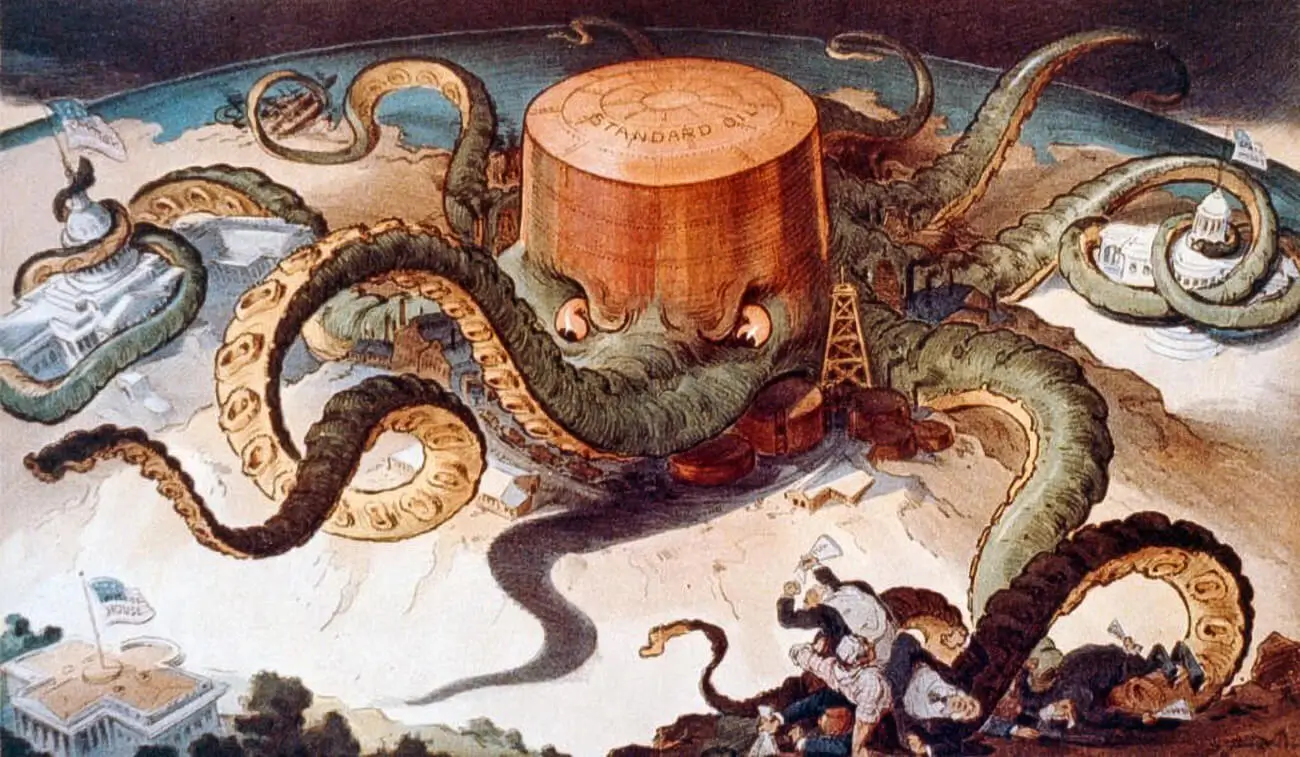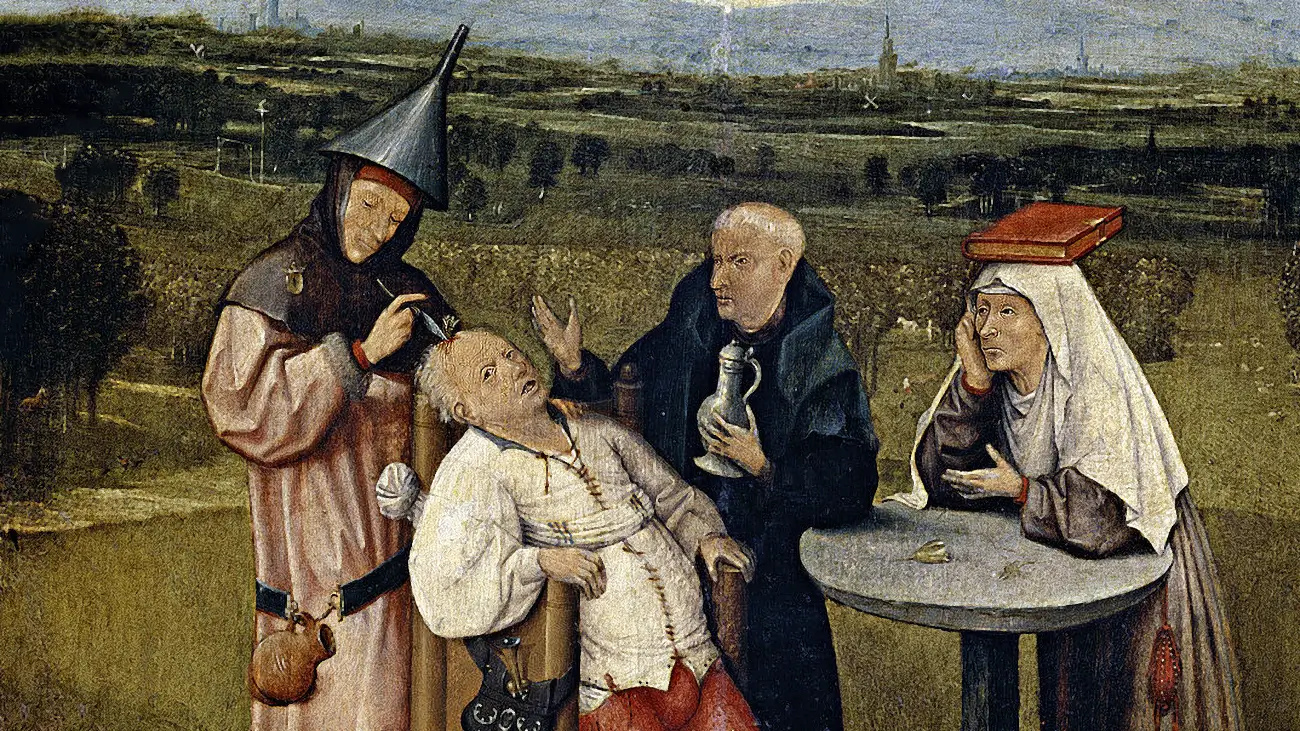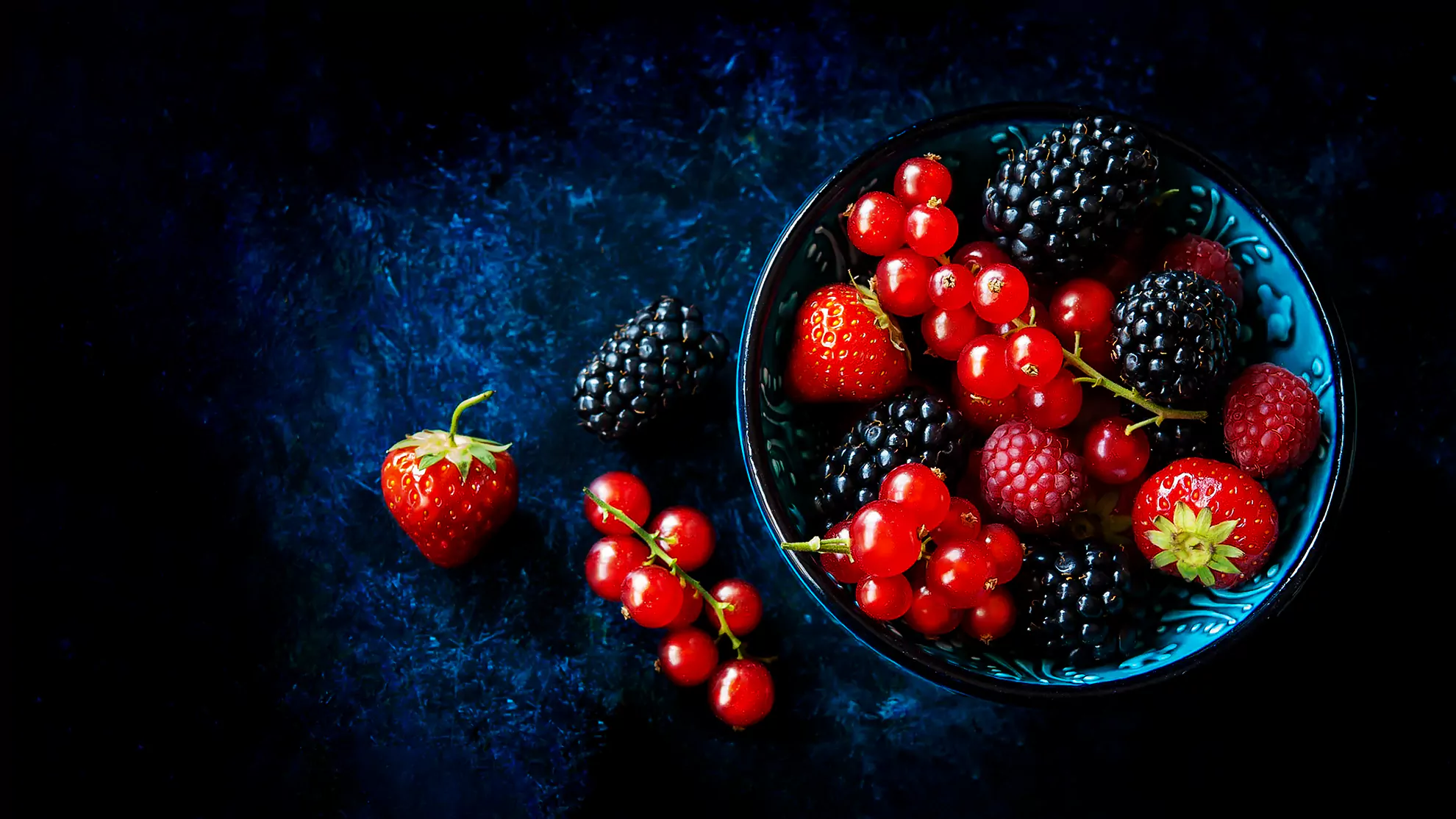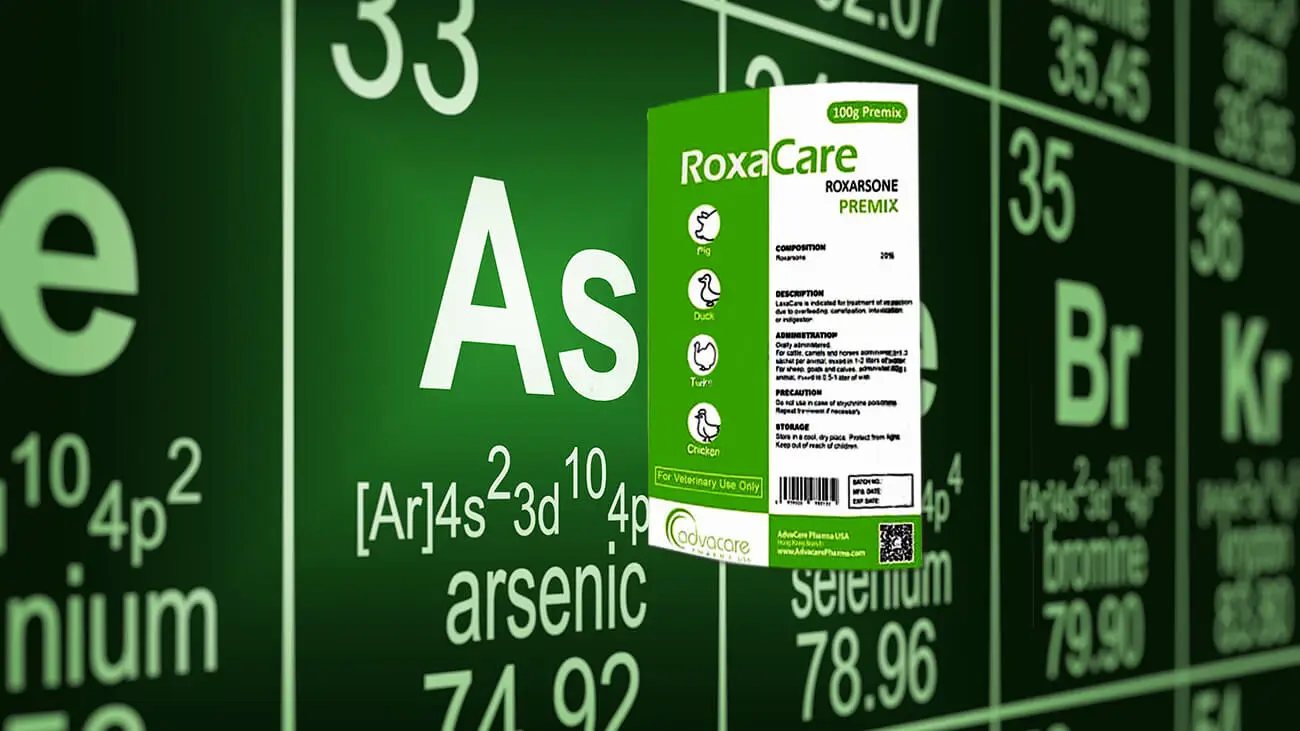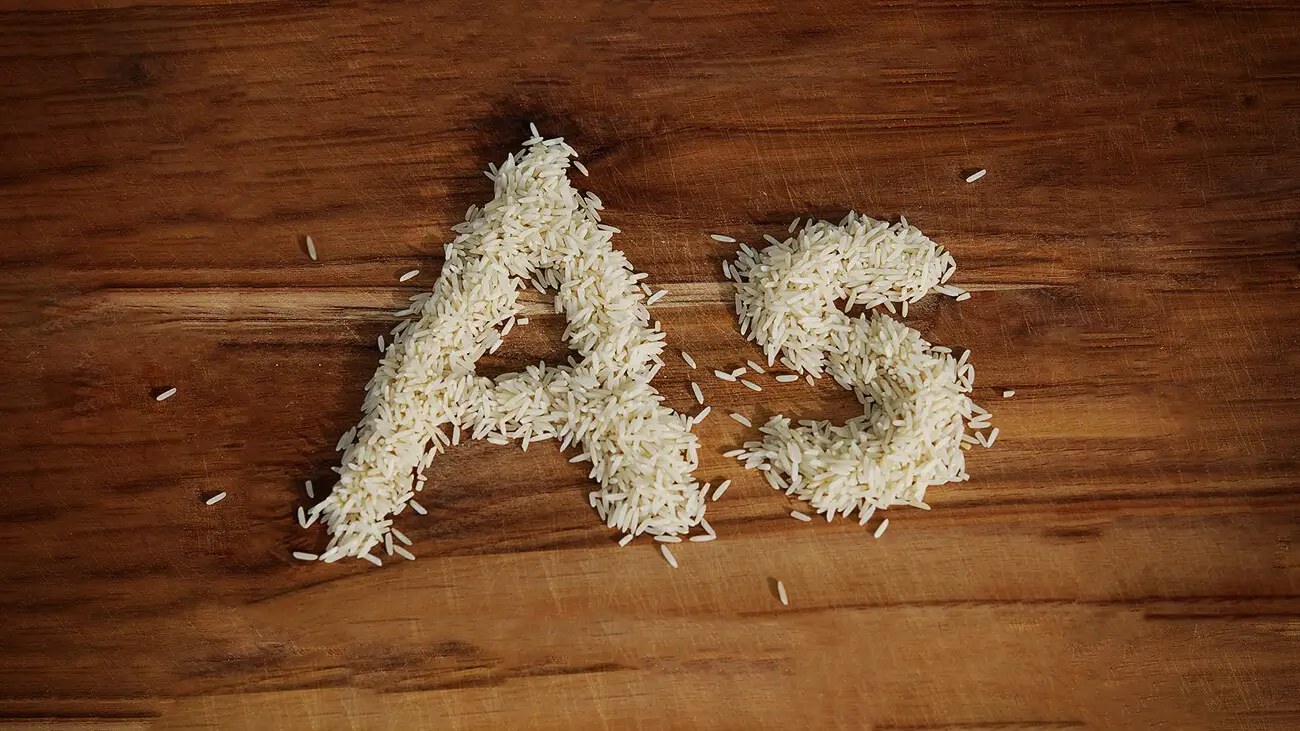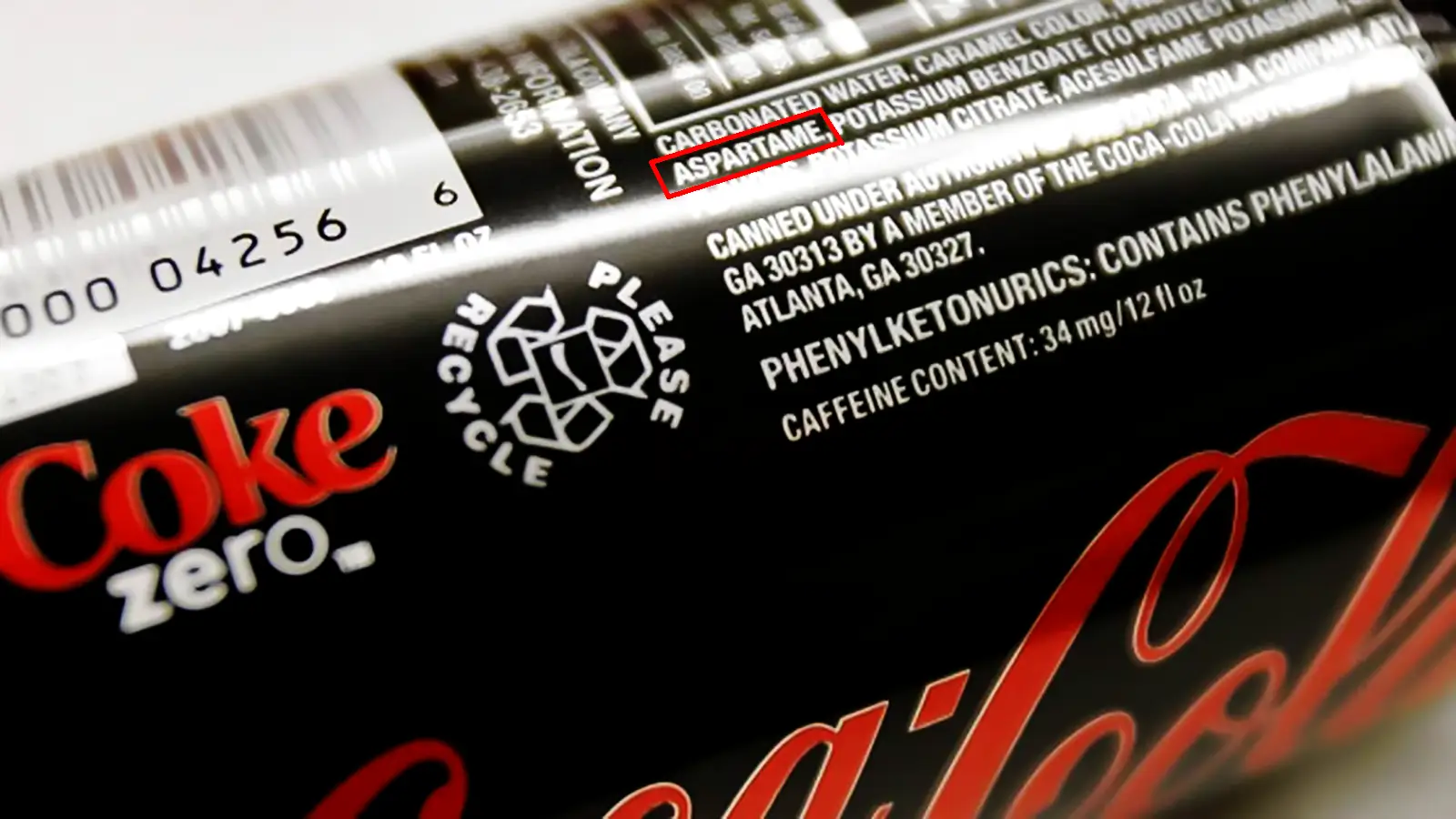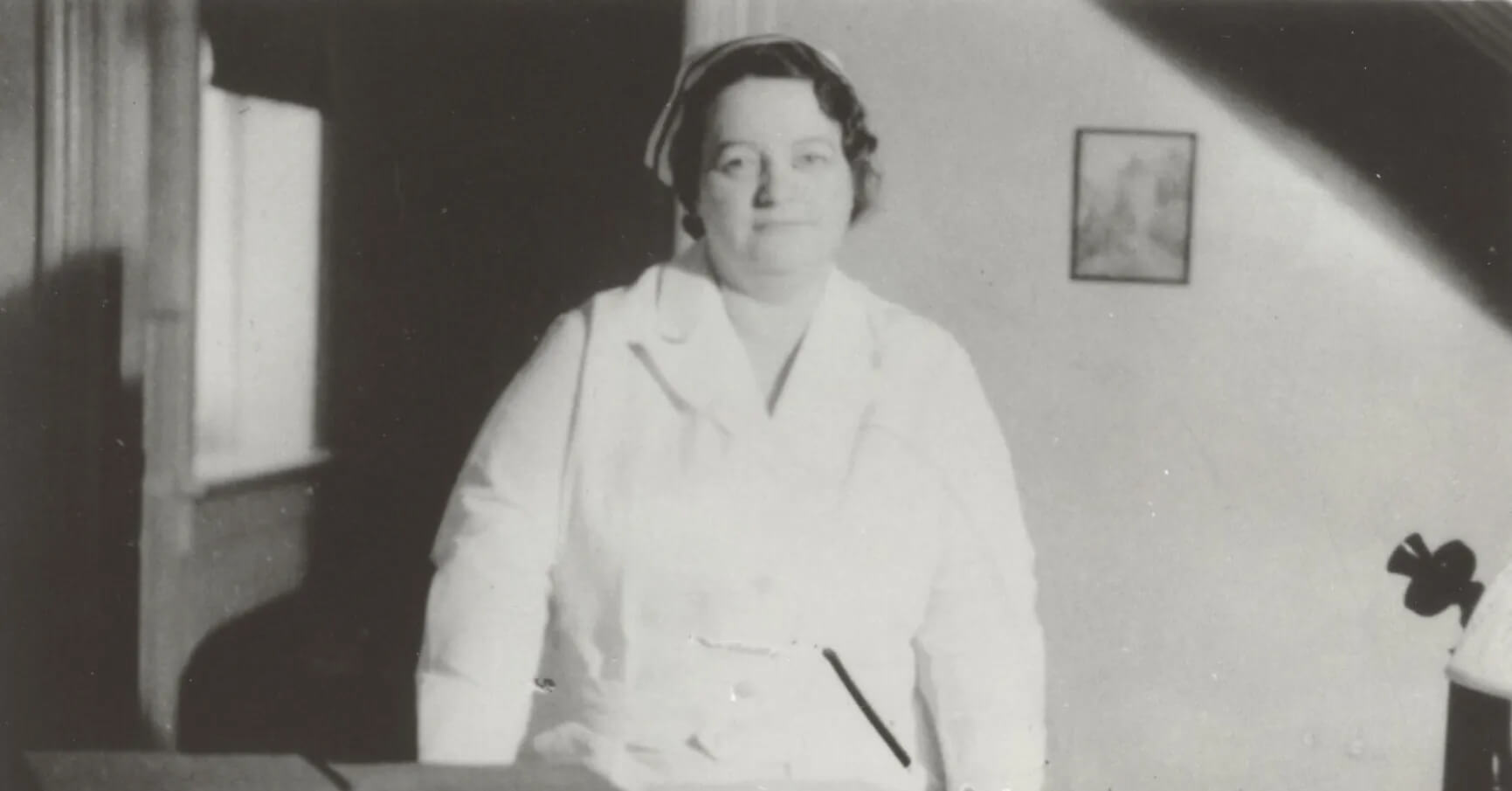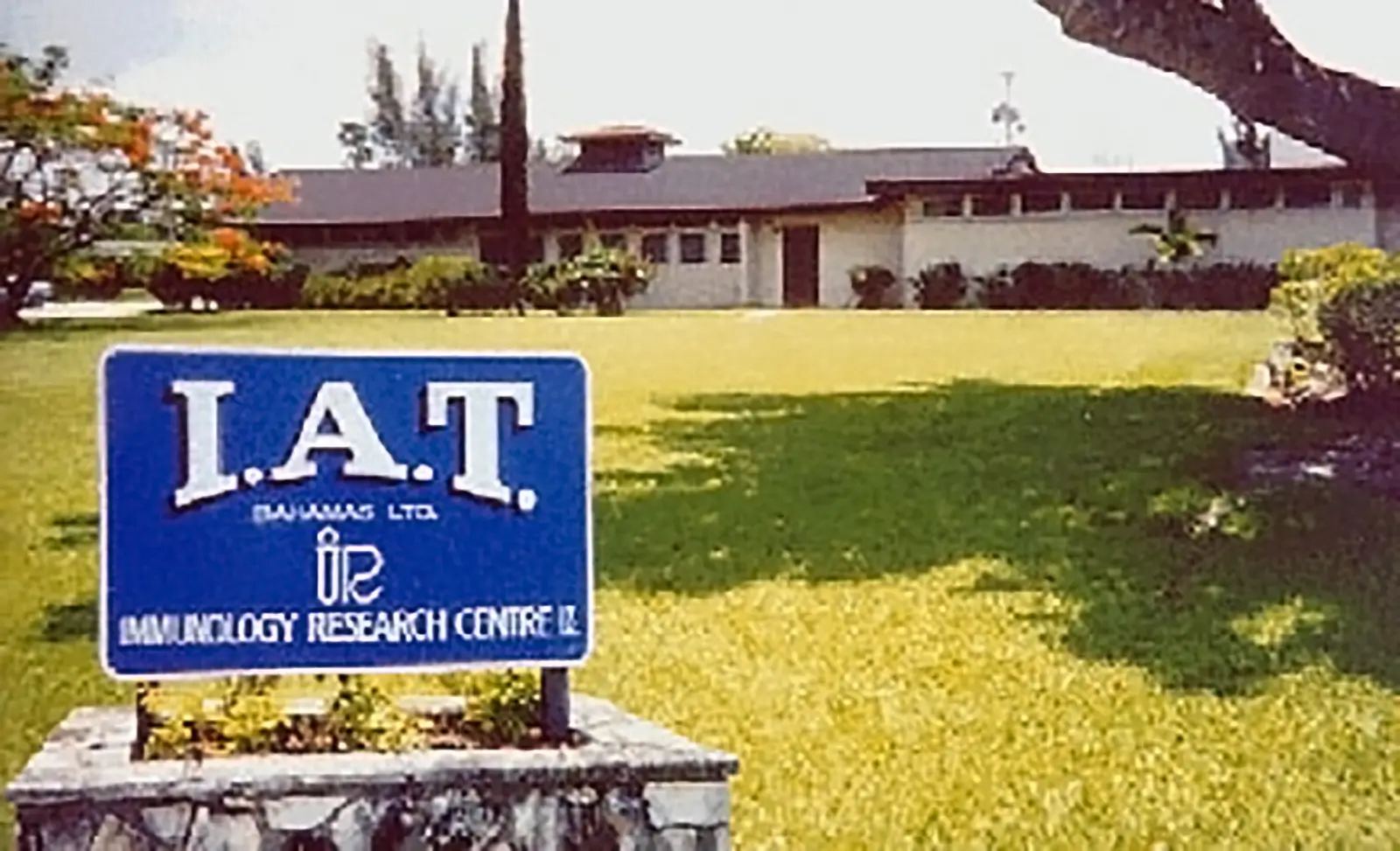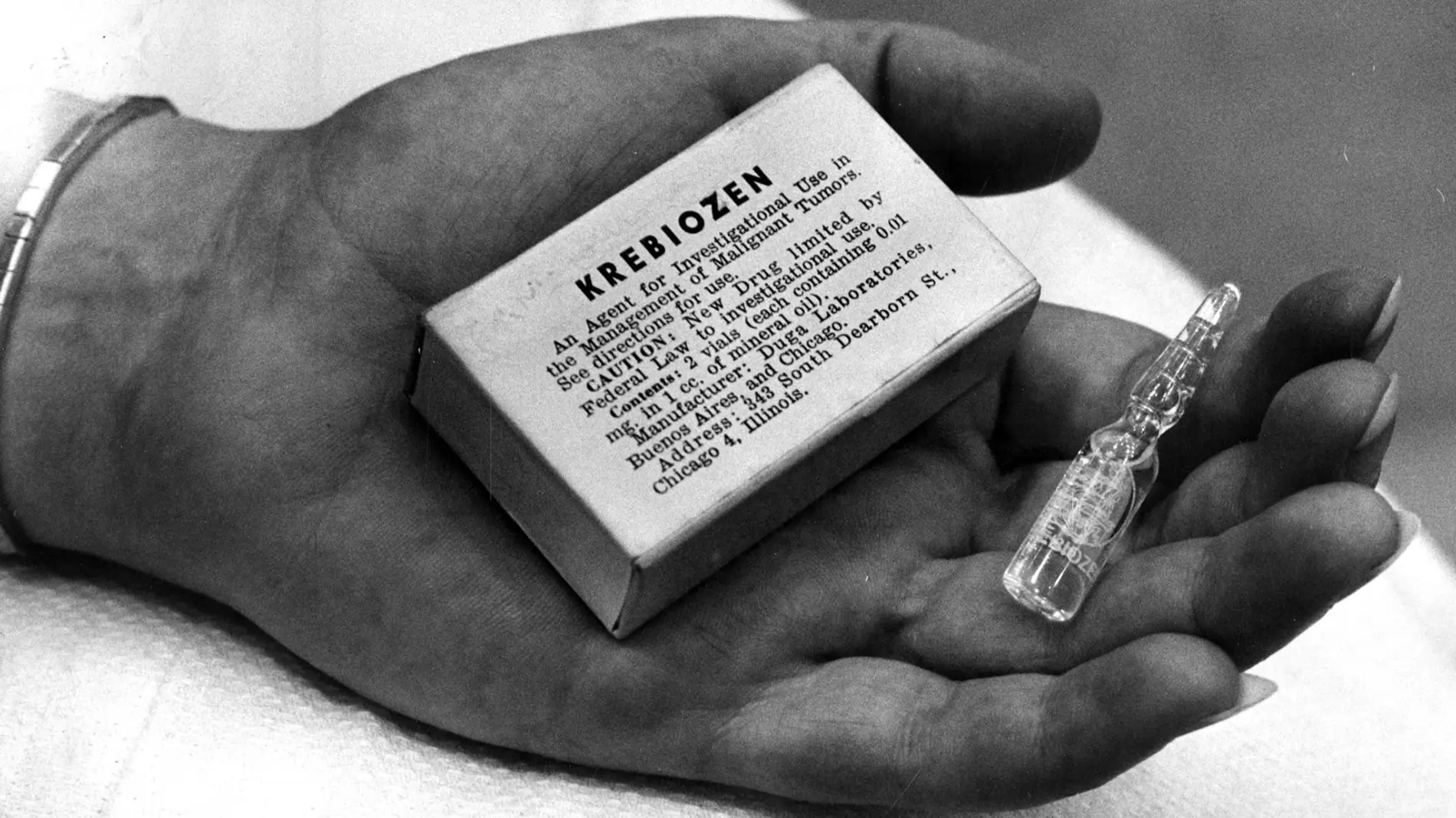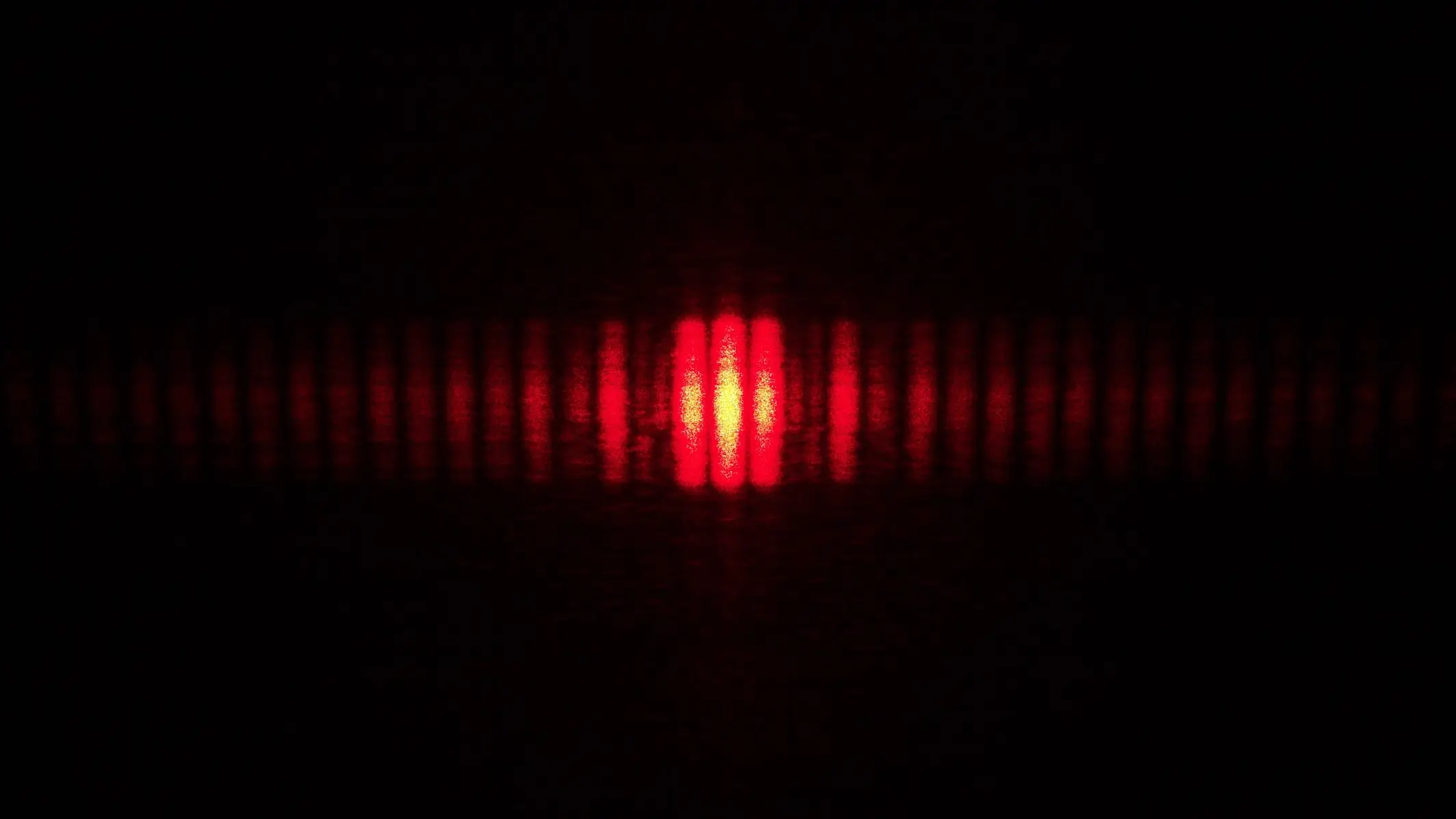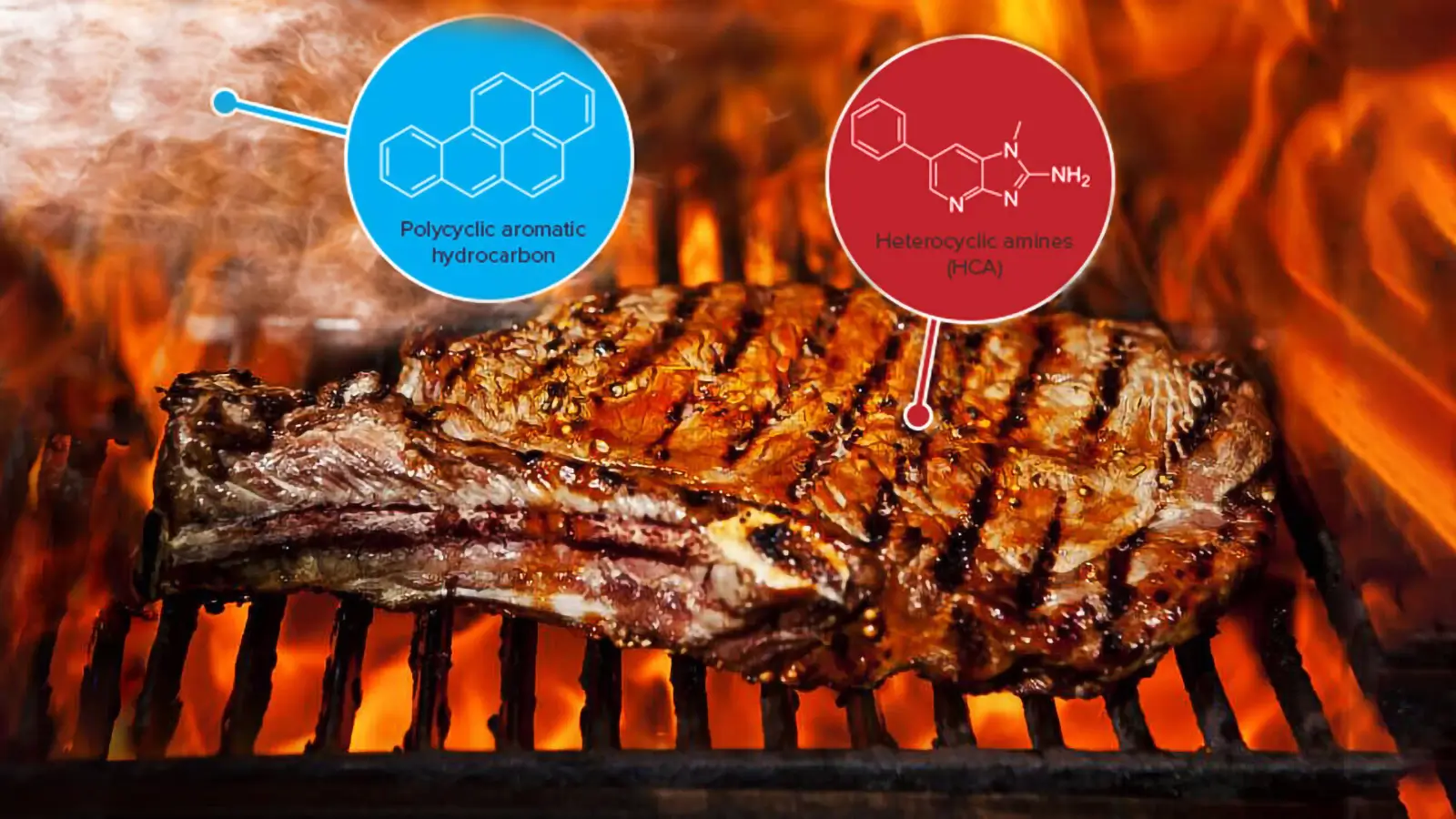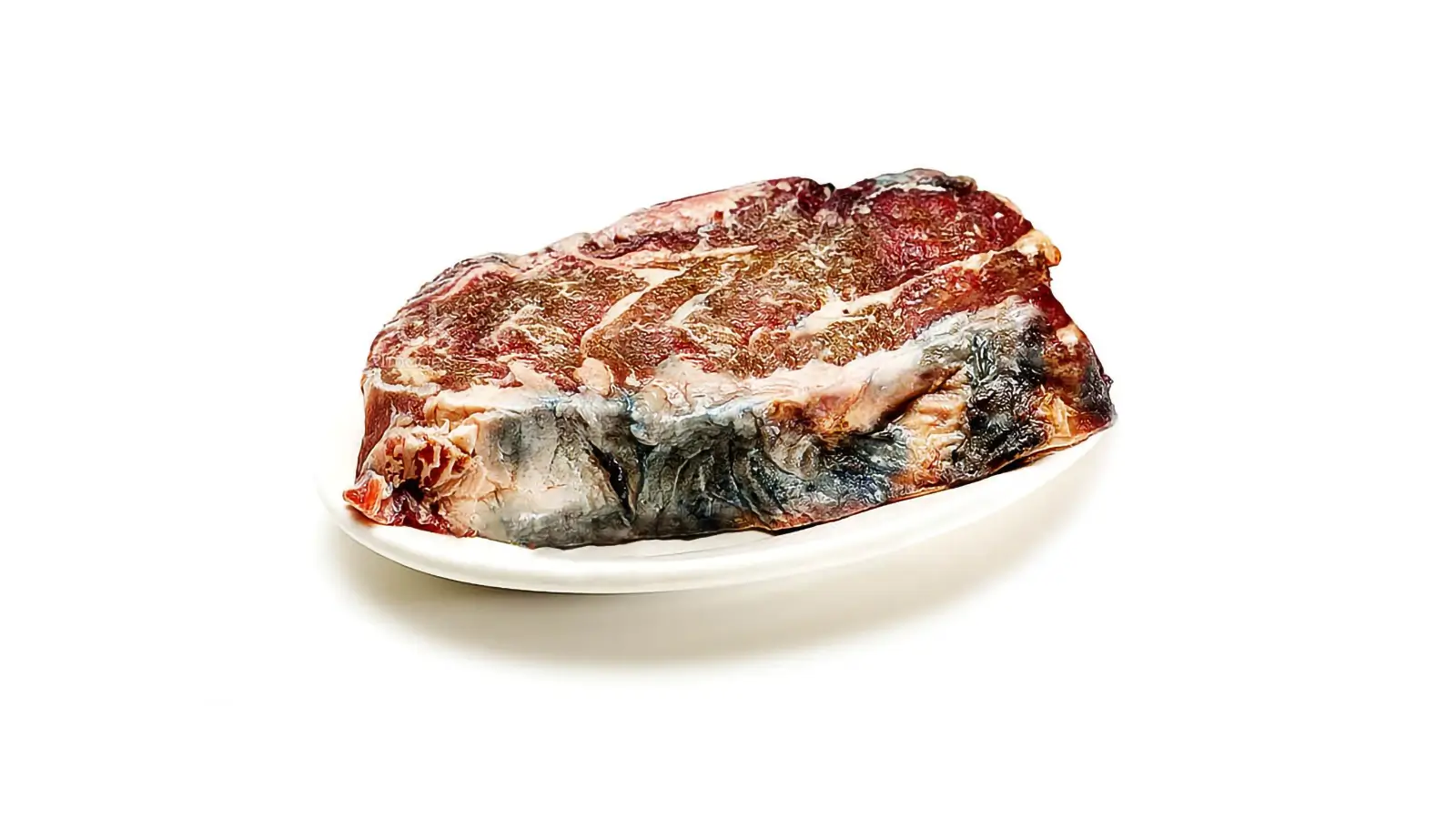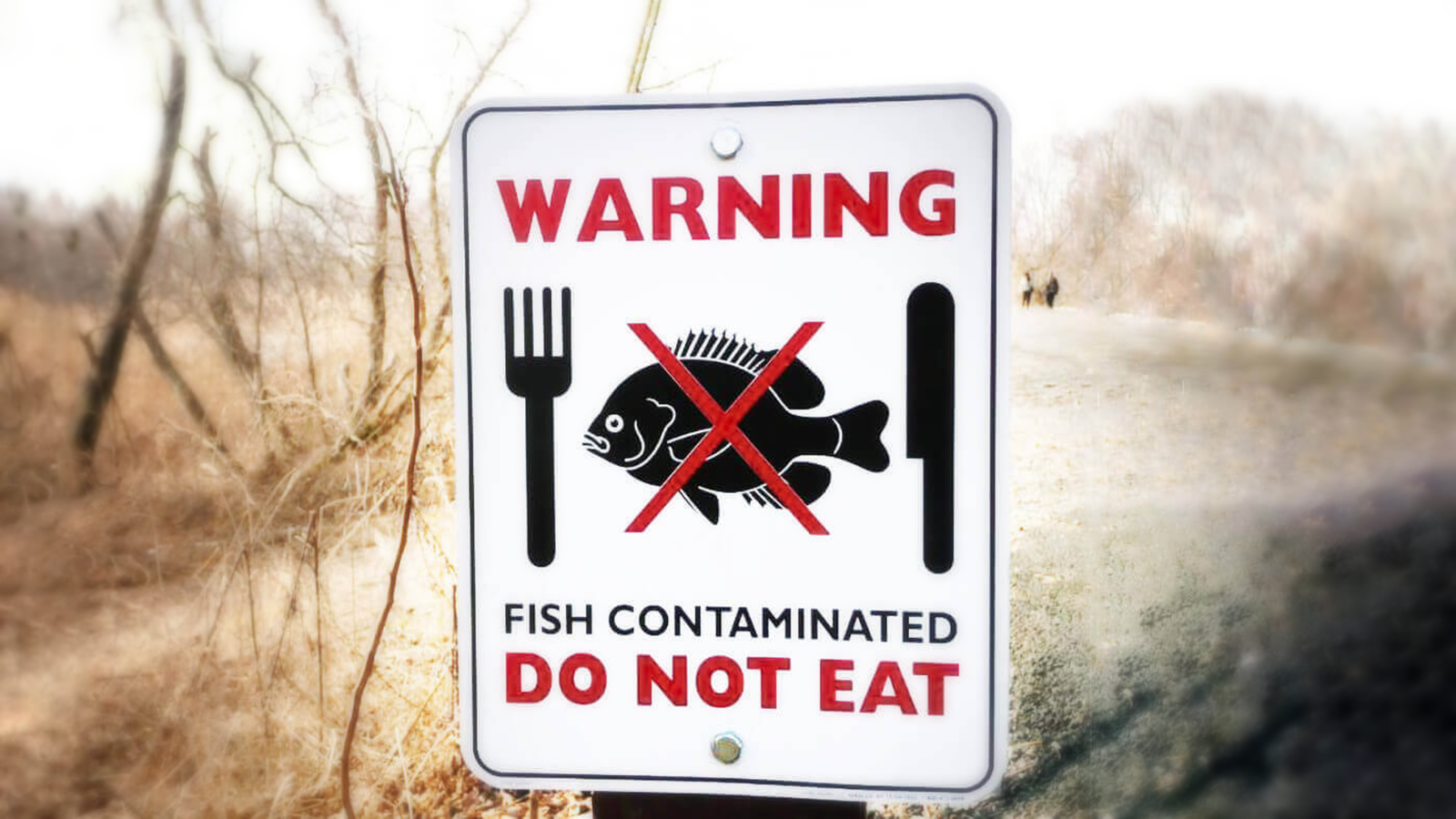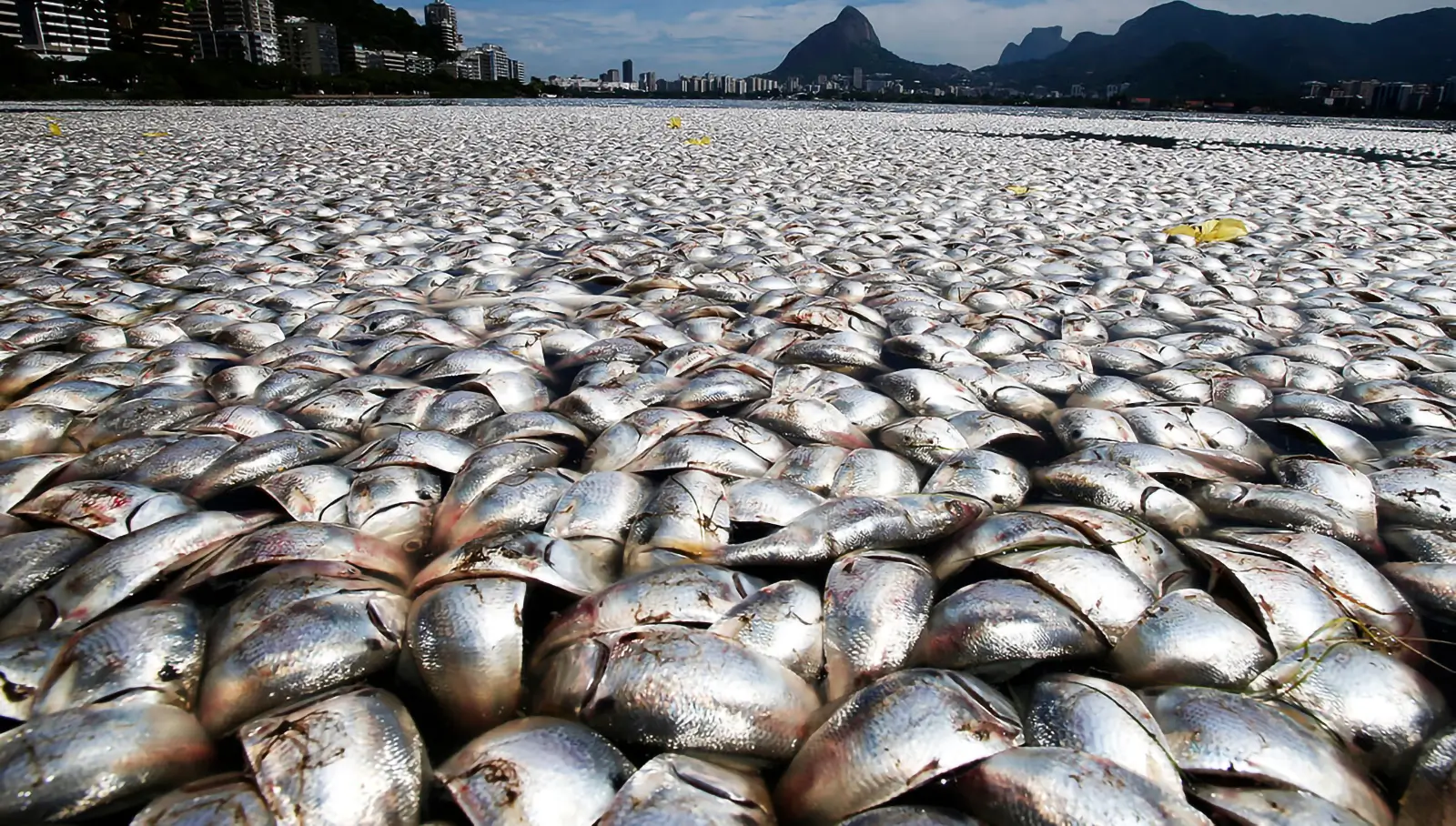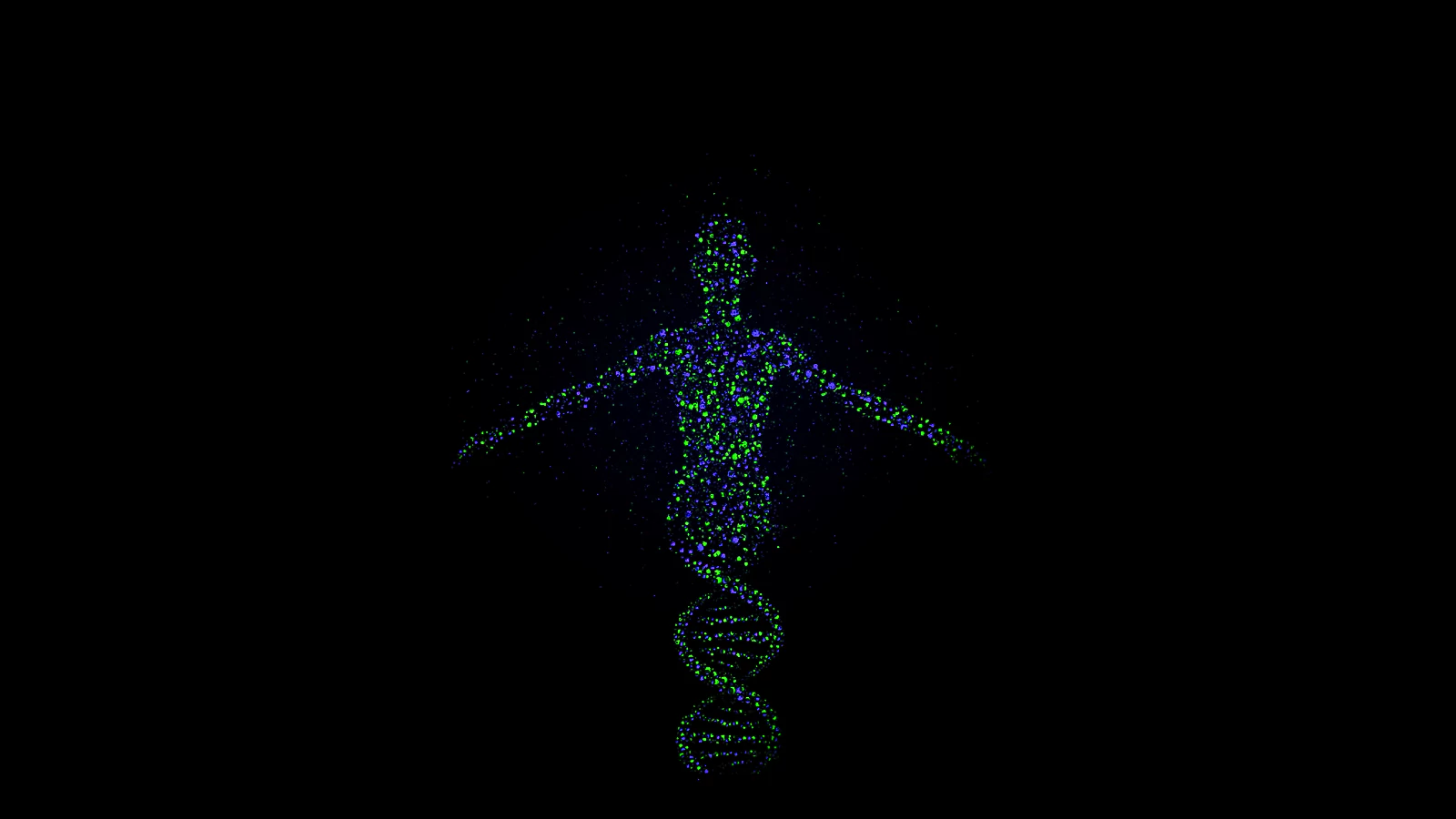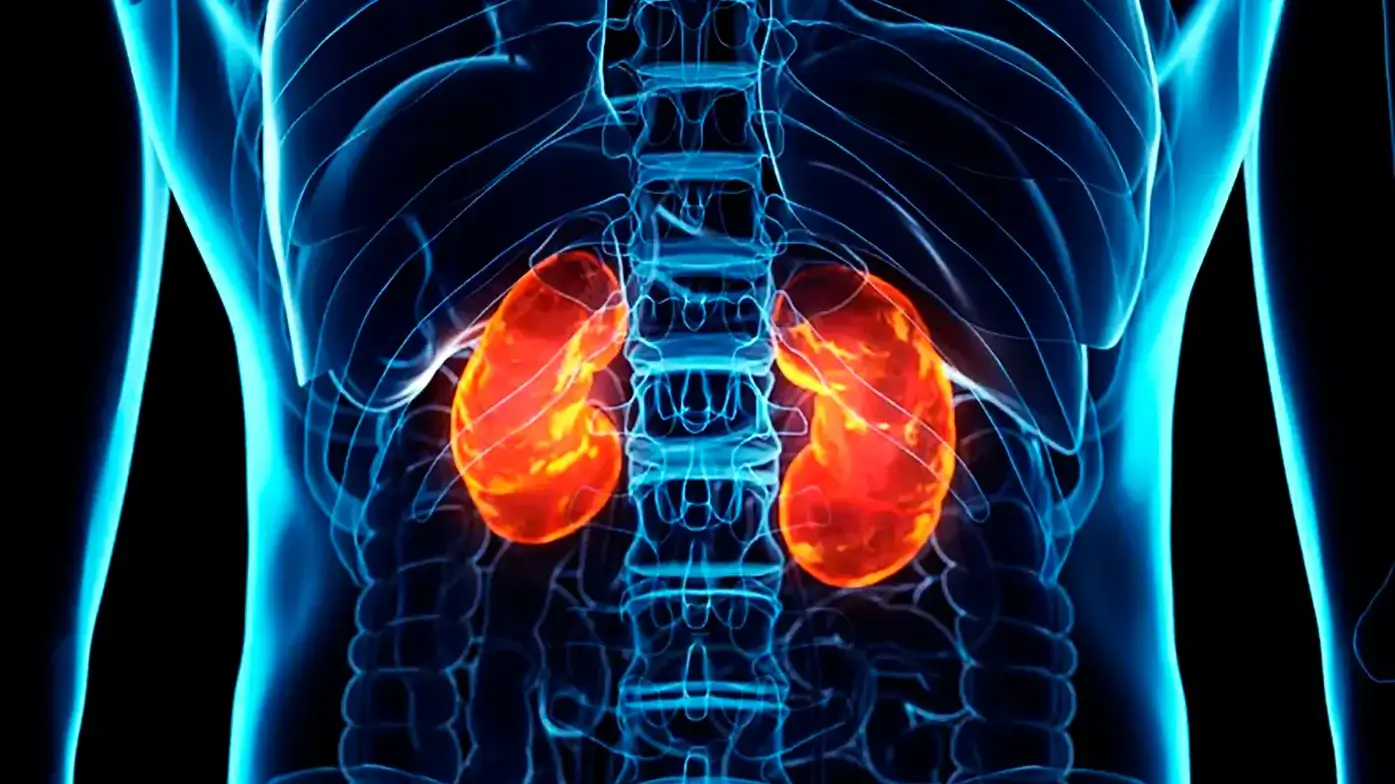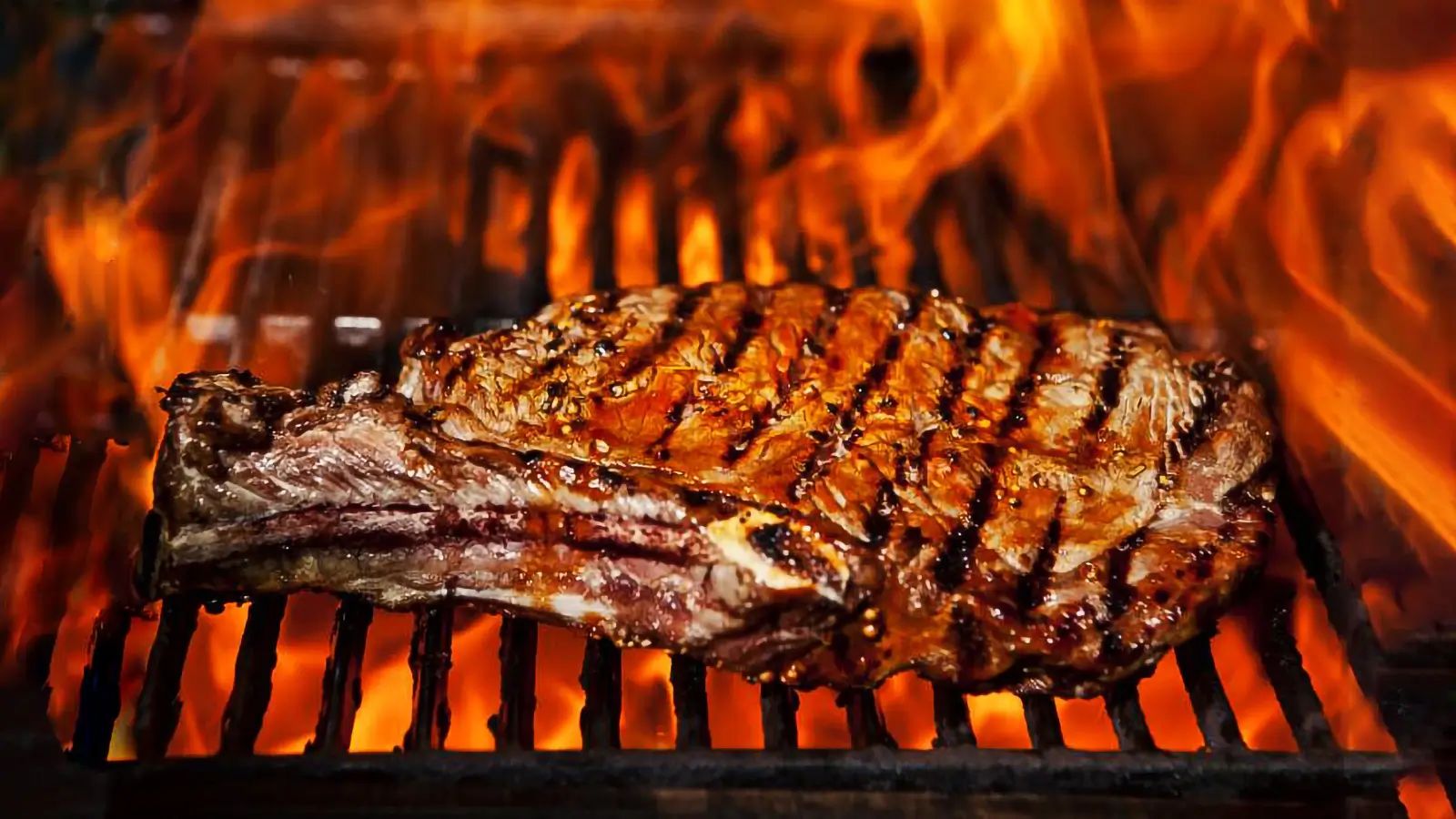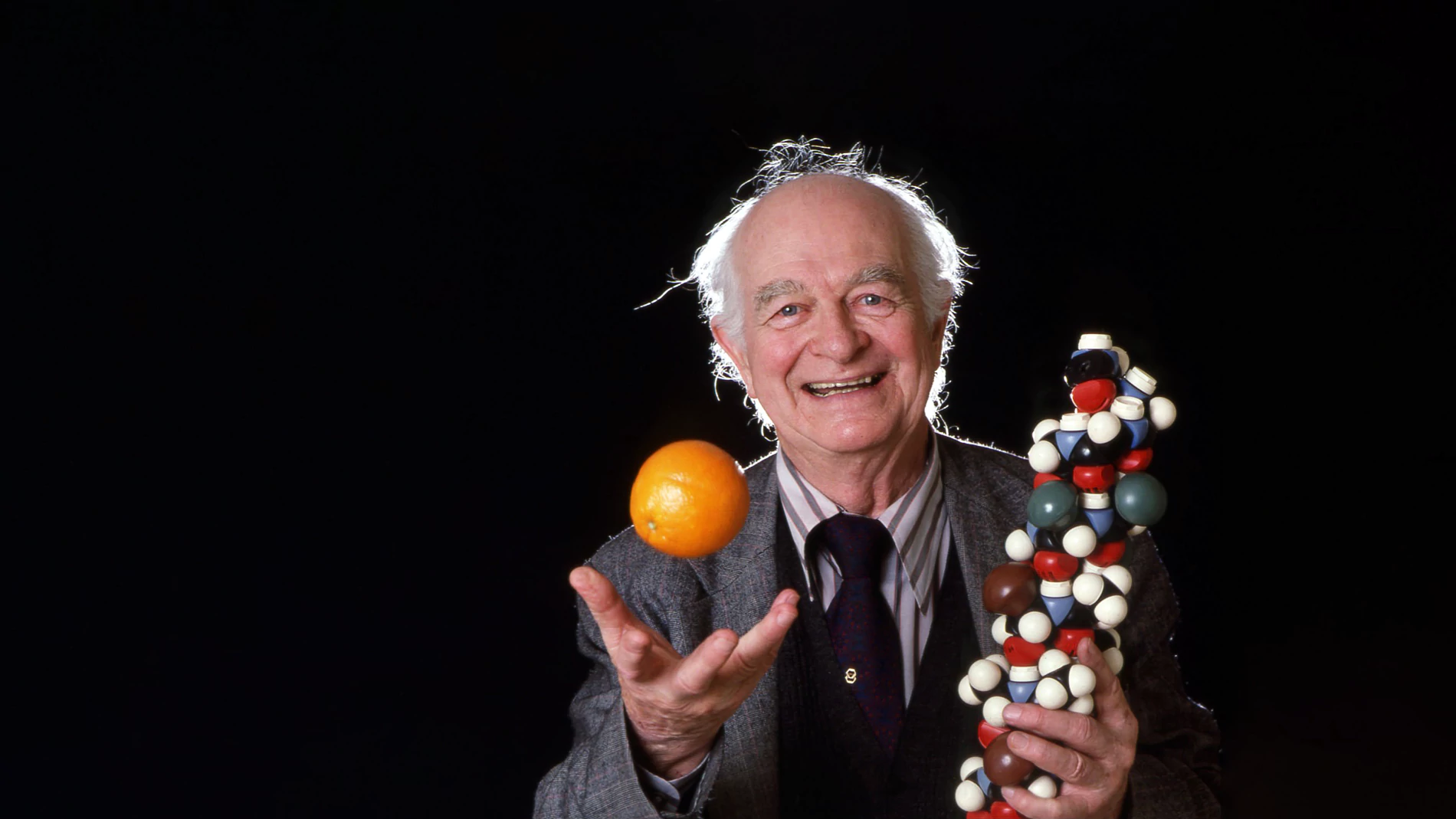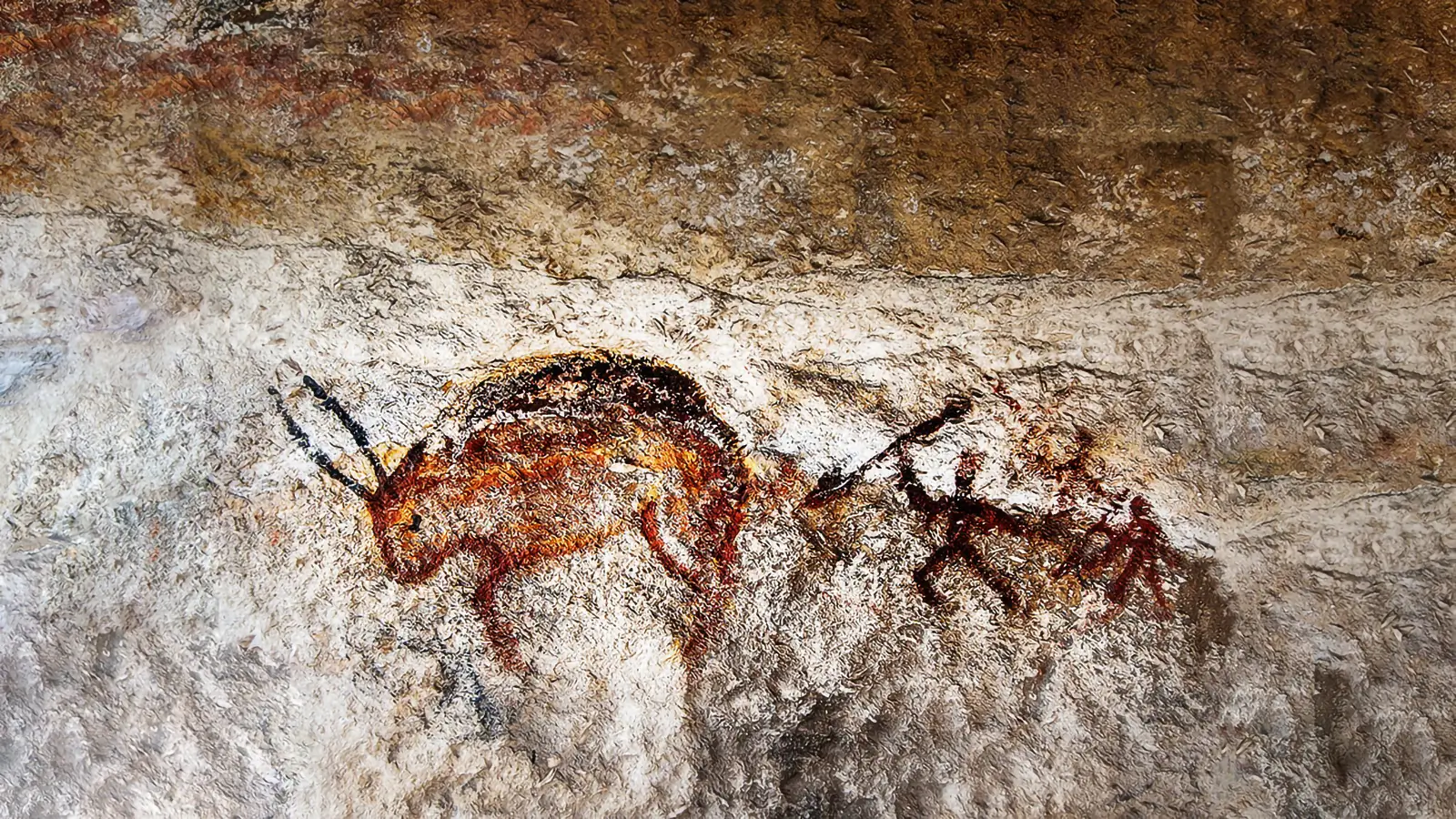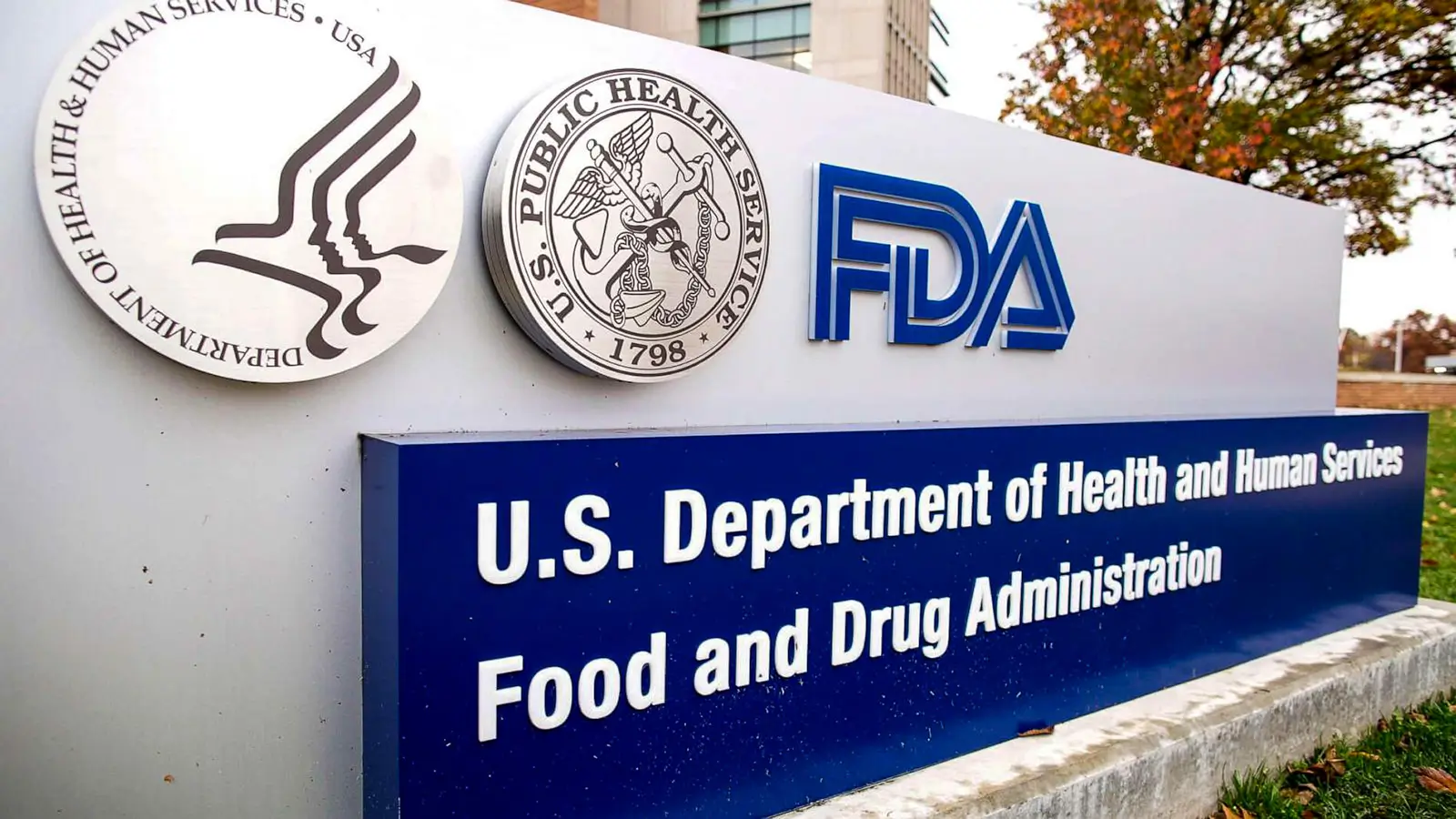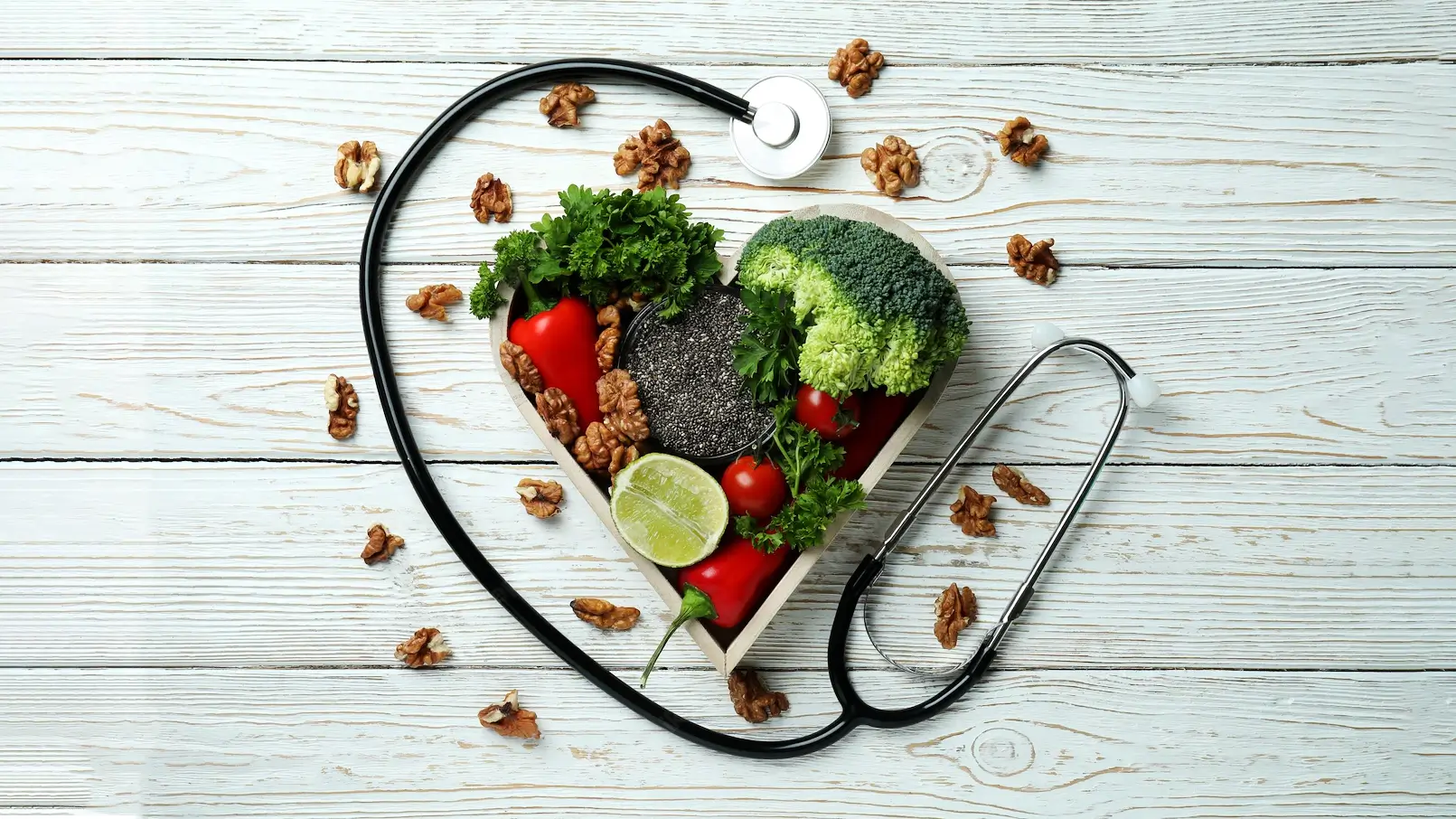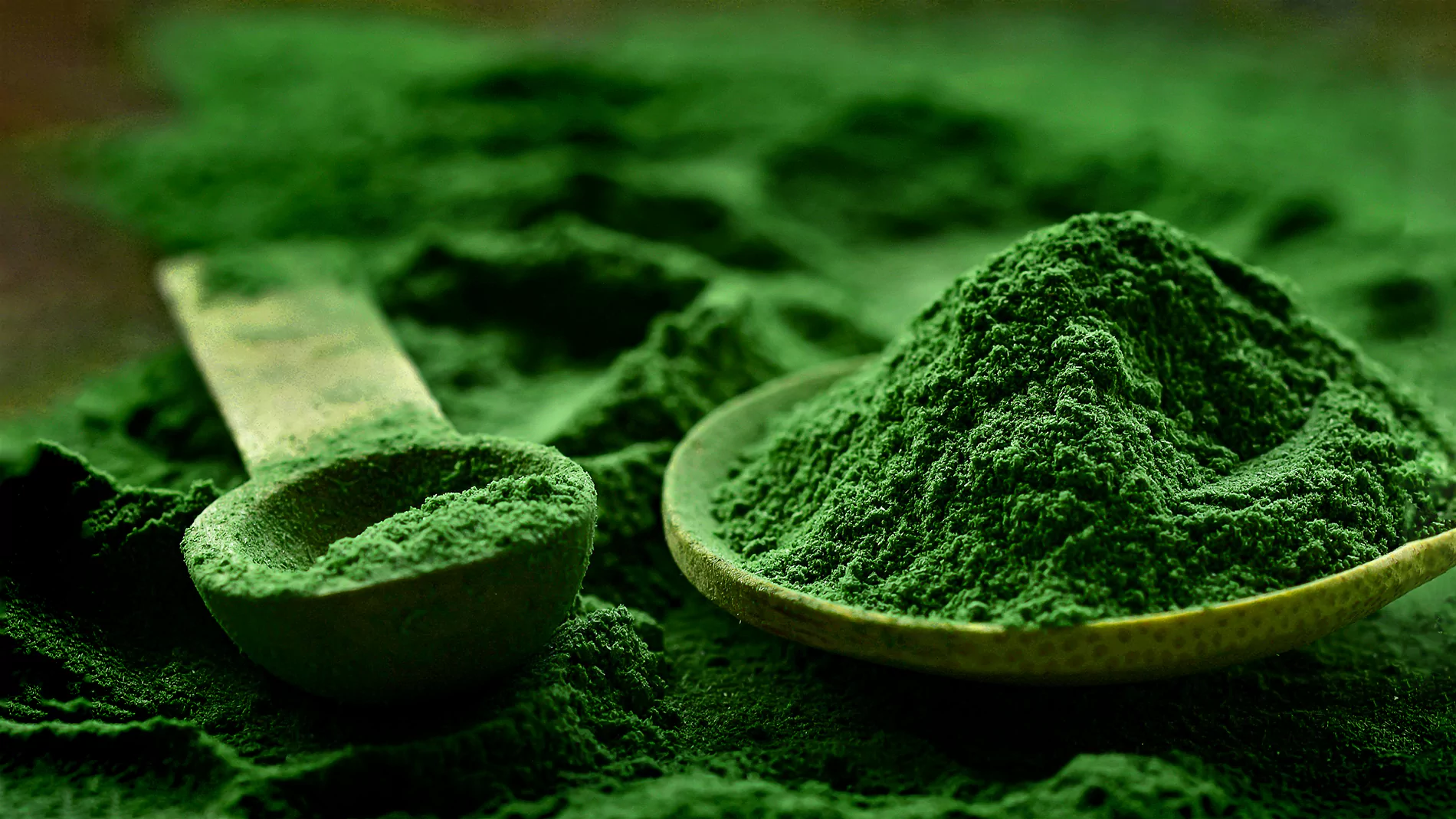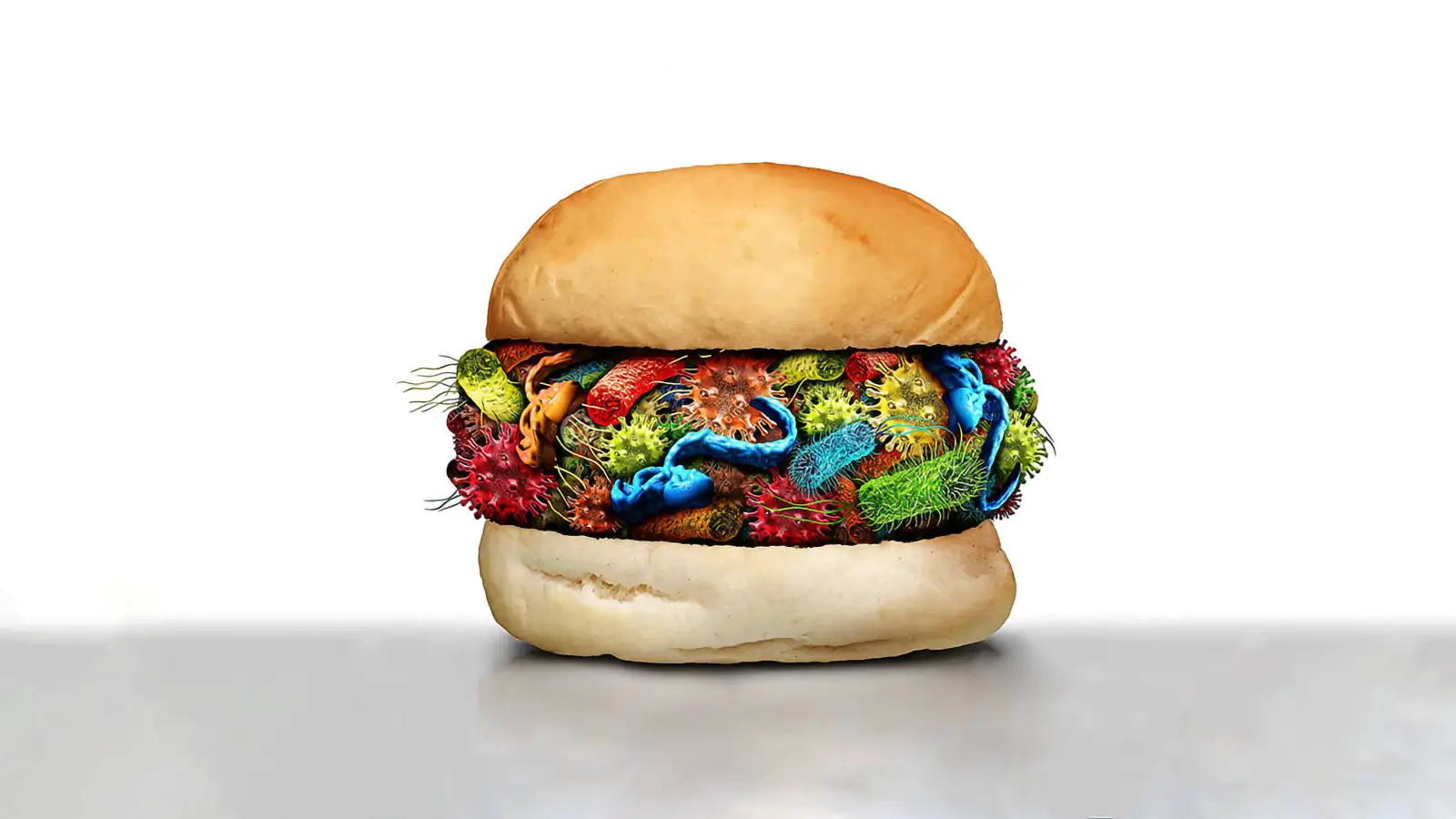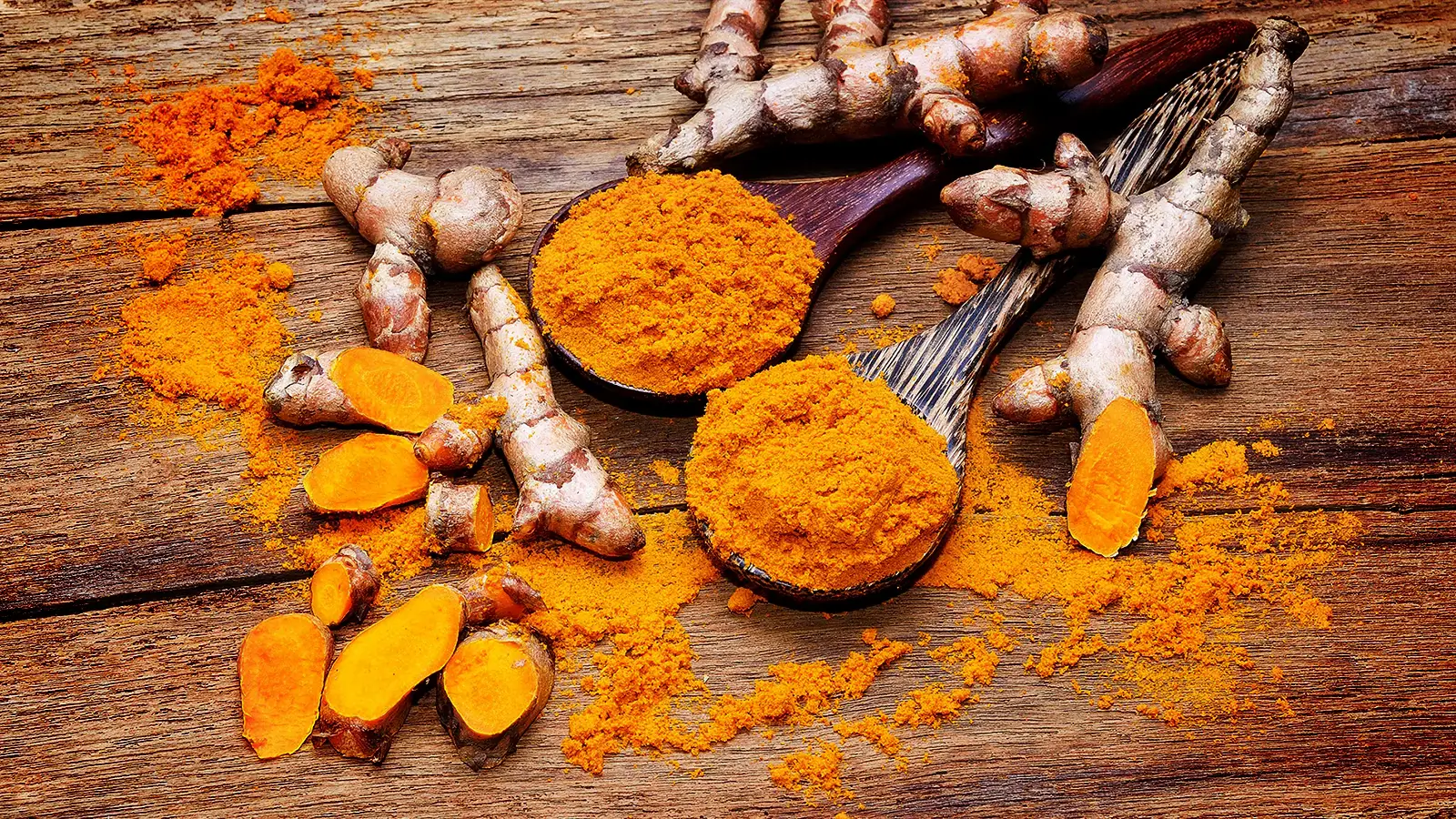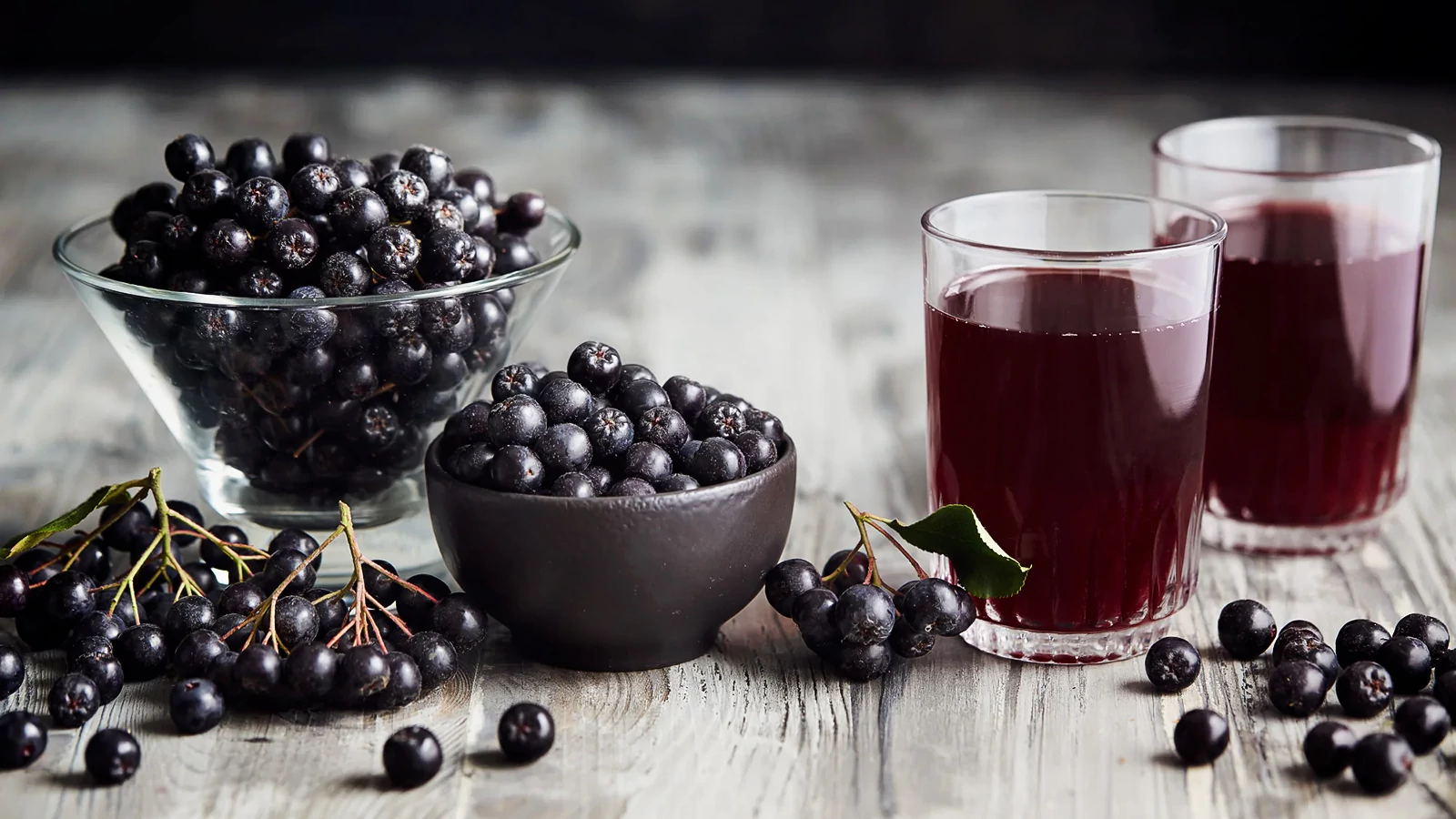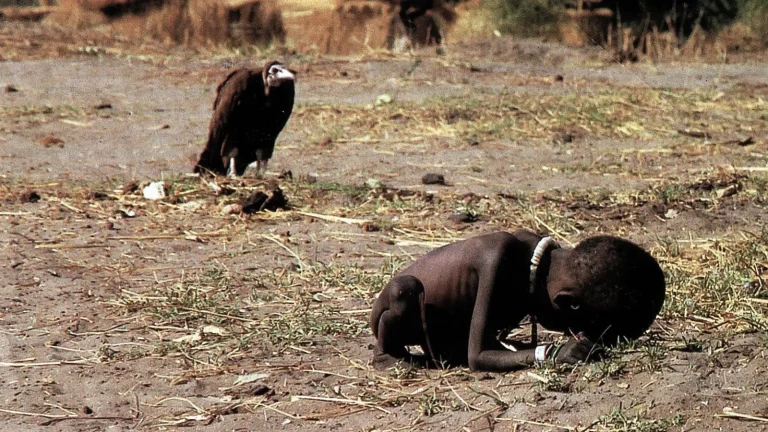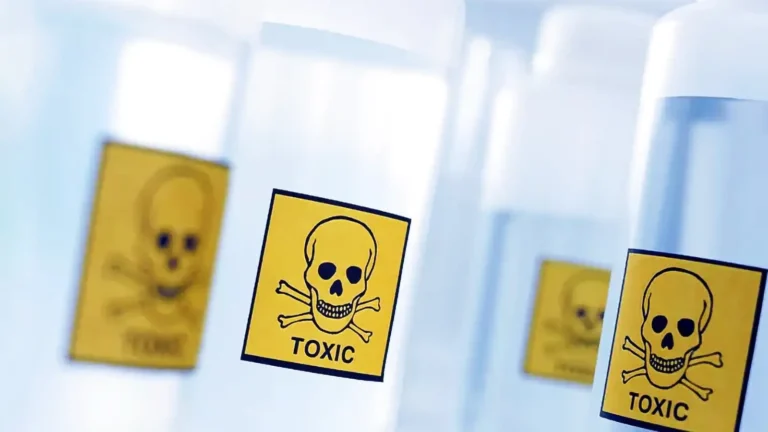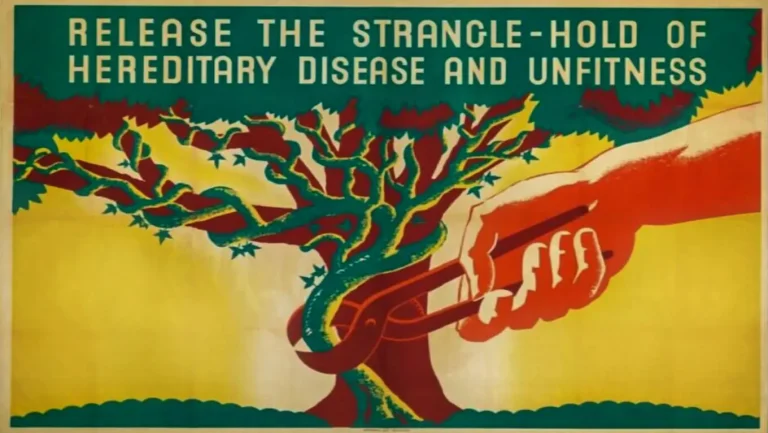La Anatomía de Cáncer de riesgo para la Salud de las correlaciones
Según los medicamentos, alrededor del 2% de los cánceres se consideran puramente causados por factores genéticos. El mismo rango que dentro del reino animal. No te han dicho toda la verdad.
Milos Pokimica
Escrito por: Milos Pokimica
Revisado Médicamente Por: Dr. Xiùying Wáng, M.D.
Actualizado 16 de julio de 2023Let’s talk about a big secret. The one they do not want you to know about. The one that is so important that they do not want even to mention the name of it.

El gran secreto de lo que causa una epidemia de cáncer. One of the biggest industries in the world. One in four people today will die from cancer. Or let’s say it this way. You have not been told the truth about cancer.
El cáncer ni siquiera es una enfermedad. No se puede contraer. Es más bien el estado o condición del cuerpo que funciona mal. La ciencia médica sabía desde hace décadas lo que subyace a esta condición, pero ha hecho todo lo posible para no decir toda la verdad. Si lo sé y no soy un científico, entonces estoy bastante seguro de que el verdadero científico sabe sólo hacer todo lo posible para encontrar un medicamento o cura para el cáncer que pueden cobrar.
Pero ni siquiera eso es la verdad. Nunca te curarán de verdad. Les gustará que vuelvas a pagar más tarde, hasta que todos los ahorros de tu vida se hayan esfumado, y entonces tú también podrás irte. No les importa.
Lo que enseñan al futuro oncólogo o lo que puedes ver cuando coges un libro universitario de oncología normal y buscas la definición de cáncer es exactamente lo que les gustaría que creyeras. Por ejemplo, esto es lo que está escrito en el libro de cáncer de la Sociedad Americana del Cáncer:
"Aunque la mayoría de nosotros pensamos que el cáncer es una sola enfermedad, en realidad es una familia de más de cien tipos diferentes".
¿Qué significa esto? Cuando digo ellos me refiero a la industria médica y una gran parte de ella es la industria médica del cáncer. ¿Qué te están diciendo sobre el cáncer?
Primero quieren que te asustes y confundas porque hay más de un millón de tipos que pueden matarte y segundo llaman cáncer a una enfermedad que no es la verdad. Un virus que puede atacarte por infección es una enfermedad real.
El cáncer no es una infección, por lo que no es una enfermedad en estado puro, sino una afección.
A huge difference here. It is a specific malfunctioning of the body, not a disease that you can pick up on public transport. They call cancer: “a whole family of diseases.” This is what we have been told for the last 70 years. This is what they teach in medical college. However, what real science is going to tell you is that basically, it is not more than 100 types of disease but just one type of condition.
Lo que la ciencia real le va a decir es que el cáncer todas son células regulares que han sufrido una forma de mutación de los genes celulares. El cáncer está causado en todos los casos por una mutación. Eso es todo.
Quizá no lo sepas, pero ahora mismo tienes cáncer. Yo también tengo cáncer. Todas las especies individuales de este planeta tienen algún porcentaje de células que han mutado de alguna forma.
Todos tenemos células cancerosas, sólo que nuestro sistema inmunitario se ocupa de ellas. En circunstancias normales, habrá una célula mutante recién formada por cada millón de células normales. El cuerpo está formado por 75 billones de células, por lo que en condiciones normales tenemos todo el tiempo una colonia bastante grande de células cancerosas. Y cuando digo normal, me refiero a un sano dieta integral vegana y hacer ejercicio viviendo en un entorno limpio individual.
La pregunta aquí es si todos tenemos grandes colonias de células cancerígenas durante toda nuestra vida y el cáncer es una enfermedad genética ¿por qué no hemos muerto todos de cáncer? Hágale esta pregunta a su oncólogo y prepárese para un estallido de odio. Son el sistema inmunitario y la autofagia los que se comen estas células antes de que se sobrepoblen. Esa es la verdad.
No hay: "toda una familia de enfermedades" industria del cáncer mito verdad a medias. Cuando el sistema inmunológico está debilitado y superado en número, se produce una situación que permite la formación de cáncer y el cuerpo puede desarrollar varios tipos diferentes de cáncer dependiendo de la situación individual. Esto se debe a que cualquier condición que permita que un cáncer se sobrepoble permitirá que se formen otros tipos de cáncer también dependiendo de la condición individual. Sólo si el cuerpo está sano y tiene un sistema inmunológico muy eficiente no puede existir el cáncer. Lo que tenemos que hacer es dejar de atacar al cáncer y empezar a mejorar nuestro propio sistema inmunológico y nuestra condición. El sistema inmunológico hará su trabajo regular manteniendo las células cancerosas en números normales no permitiendo que se sobrepoblen y formen un bulto de tejido.
Cuando el cáncer forma un bulto, se convierte en toda otra bestia que engaña al sistema inmunitario para que no lo reconozca mediante diferentes métodos. However, in normal conditions individual or small clusters of cancer cells in our bodies are completely normal. Cancer is a completely normal „disease“ for the human condition in normal circumstances. We all have it as a part of our body’s normal functioning for our entire life. Cancer cells are not foreign objects to our body, a foreign invader, so the entire Nixon let us declare war on cancer is illegal, but it did give a lot of money that was used to start the cancer industry. La industria no hace nada, salvo prolongar la miseria.
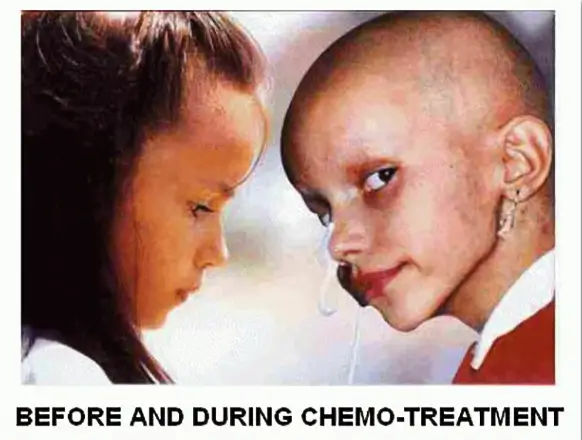
Hasta que no comprendamos que hay una gran diferencia entre una sola afección y 100 tipos diferentes de enfermedades no nos daremos cuenta de la verdad. La verdad es que el cáncer es una sola enfermedad que puede manifestarse de 100 formas diferentes.
Now that is the truth that they do not want to teach in medical college or tell the public. We are made up of 75 trillion cells, and we have more than 200 different cells in our bodies. If we found a mutating cell in our colon it would be called colon cancer, if we found a mutating cell in our brain it would be called brain cancer, if we found a mutating cell in our bone it would be called bone cancer, and so on. The way the medical industry identifies the “diseases” is misleading, in other words, cancer is not named on what it is. It is named by the way that it is perceived to be by the individual that is looking at it from the outside. It is named by the tissue from which they are made or where the cell was found or how fast they are growing. It can also be named after some famous athlete or person that had them or even by the name of the researcher that found it first and decided to name it after him. You see we could have over 200 different “diseases“ of cancer because we have over 200 different types of cells. One cancer for every cell.
La forma en que la industria médica defiende este argumento es que, en cierta medida, las células cancerosas adoptan gran parte de las características de la célula de la que se produjo la mutación, no sólo las características por la mutación en sí. En cierto modo, esto es correcto porque hay células cancerosas que actúan de forma completamente diferente en función del origen de la mutación. Algunas son menos peligrosas o no lo son en absoluto. Otras son casi al 100% una sentencia de muerte. Sin embargo, esto no la convierte en la familia de las enfermedades. Sigue siendo una misma afección que se manifiesta de forma diferente. La predisposición genética puede desempeñar un papel, como diferentes factores ambientales y así sucesivamente. Sin embargo, sigue siendo en la base una condición singular. Una célula confusa mal construida que no hace nada excepto multiplicarse o mientras tanto espera a ser devorada o destruida.
Oímos la palabra ataque todo el tiempo, el cáncer ataca el hígado, el cáncer ataca esto y aquello. El cáncer no es una bacteria que se come tu tejido como alimento. No ataca a nada. Es sólo una célula confundida que hace lo que todas las células hacen. Multiplicarse. El problema es que con el tiempo puede multiplicarse hasta ser tan grande que te mate. Sin embargo, no nos está atacando en un sentido médico como lo hacen los virus. El problema es el sistema inmunitario que no hace nada para evitarlo porque en algunos casos no reconoce a la célula mutada como un invasor extraño. El cáncer no es una enfermedad en estado puro. Es un síntoma de un sistema inmunitario ineficaz. Se puede pensar en él como algo similar al virus del SIDA. Esa es la verdad sobre el cáncer.
¿Podemos pedir a la profesión médica que reclasifique el cáncer?
Mientras creamos que el cáncer es una enfermedad, lo trataremos como cualquier otra enfermedad, y haremos un buen servicio a la medicina moderna pagando la quimioterapia. Only when the immune system is incapable of destroying these malignant cells, and only then cancer will progress to be a full-blown “disease.” For example, AIDS patients usually develop three types of extremely rare cancers; Non-Hodgkin lymphoma (NHL, also known as AIDS-related lymphoma or ARL), Kaposi’s sarcoma, and cervical cancer. Forty percent of HIV+ patients develop one of those cancers. Para las personas que no lo sepan, el sistema inmunitario es muy parecido al cerebro. Tiene la capacidad de aprender y almacenar memoria y crear y almacenar y utilizar información. Las vacunas son virus muertos que se administran al sistema inmunitario para que "aprenda" a lidiar con ellos más adelante en la vida si llegara el verdadero virus activo. El sistema inmunitario está aprendiendo todo el tiempo y está activo todo el tiempo. El mal funcionamiento del sistema inmunológico cuando no ataca al cáncer es la verdadera causa del problema.
El tratamiento del cáncer mediante el fortalecimiento del sistema inmunitario está hoy casi universalmente suprimido.
No quieren prevenir el cáncer y reducir la tasa al 2 por ciento natural de causas genéticas y luego tratar de curar eso. No, quieren suprimir el conocimiento y representar el cáncer como una enfermedad que hay que tratar con un medicamento mágico que mata el cáncer y que usted va a pagar.
Por cierto, ¿cuánto ha costado tu vida?
Si tiene cáncer, ¿cuánto está dispuesto a gastar en tratamientos? ¿Y si lo tiene su hijo?
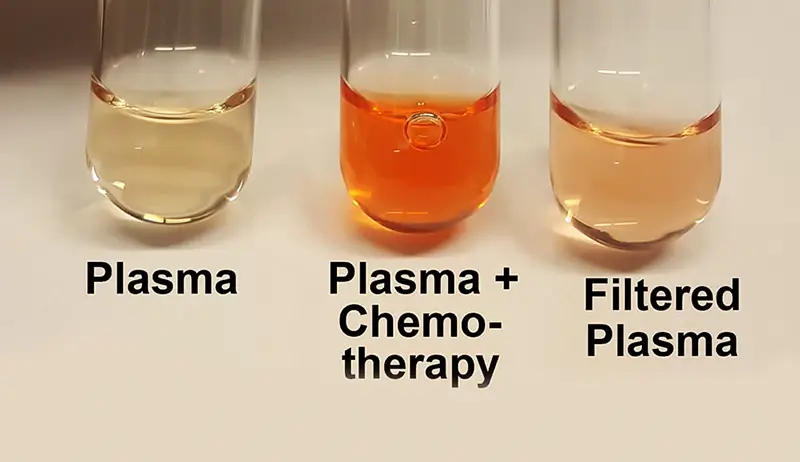
En raras ocasiones, algunos de los investigadores habituales obtienen reconocimiento por decir la verdad. Por ejemplo, en 1989 dos investigadores de la Universidad de California en San Francisco ganaron el Premio Nobel de Medicina al descubrir que el cáncer no es una familia de enfermedades diferentes con causas que no comprendemos.
Michael Bishop and Harold E. Varmus won it “for their discovery of the cellular origin of retroviral oncogenes.”
In other words, they found that cancer is a single condition caused by oncogenes, a single unifying explanation of how cancer occurs. They published their research back in 1976, so for a long time the industry has known and did nothing to utilize this discovery in the „war on cancer.” Immunologists are not welcome in any speech or research about cancer. Just oncologists that have learned what industry likes them to learn and they do chemo and radiation and other “nice“ stuff to people for the last century.
Hay algunos estudios realizados de forma independiente. Hay algunos lugares que hacen ese tipo de investigación. En los últimos años comenzó a ser un poco más aceptado. Hoy en día hay incluso estudios que hicieron experimentos de nutrición en la investigación del cáncer. Sin embargo, se hizo por lo general por los médicos pícaro como el Dr. Dean Ornis o un tipo de médicos que no van con la línea de la industria del cáncer convencional.
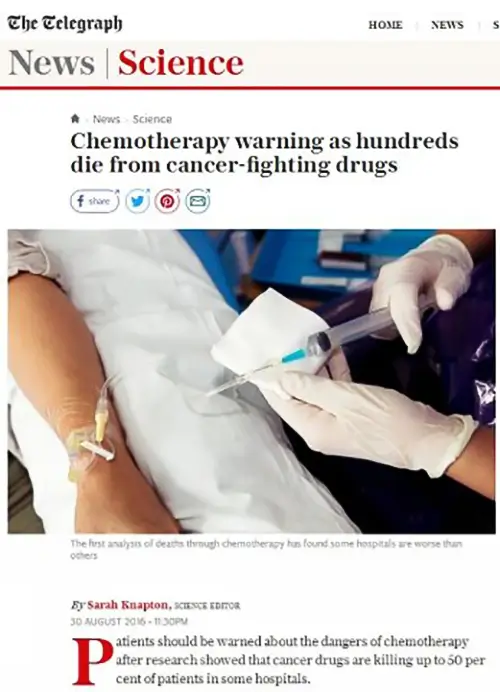
¿Qué debilitará el sistema inmunológico?
¿Qué tal la inflamación crónica como consecuencia de una dieta inadecuada que está llena de bacterias de carne muerta endotoxinas y pesticidas y hormonas y subproductos de proteínas ácidas tóxicas que causan inflamación?
¿Qué le parece la falta de nutrientes antiinflamatorios como los antioxidantes y otros fitoquímicos?
¿Y la sobrecarga tóxica por mutágenos ambientales?
¿Qué tal carecer de un nivel adecuado de autofagia por comer en exceso constantemente?
To seal the deal, there is chronically elevated IGF 1 level due to animal protein consumption, or let’s be precise, complete protein consumption.
Todas las cosas que he mencionado son consecuencia de un exceso de proteínas animales en la dieta. Todas ellas excepto los mutágenos ambientales.
What causes an epidemic of cancer? It is again a maladaptation to our current diet and technologically shaped lifestyle. Whether are you going to get a bone or brain cancer depends on individual genetic predisposition and many other factors but then there is a reality of today’s human civilization condition that 1 de cada 4 personas morirá de cáncer. Es una epidemia de proporciones bíblicas. causado por un cambio brusco en nuestro estilo de vida. La industria médica lo rebatirá, pero entonces acuda a la naturaleza. Pregúntese, ¿hay otras especies de primates que tengan una tasa tan alta de cáncer, o cualquier otra especie en general?
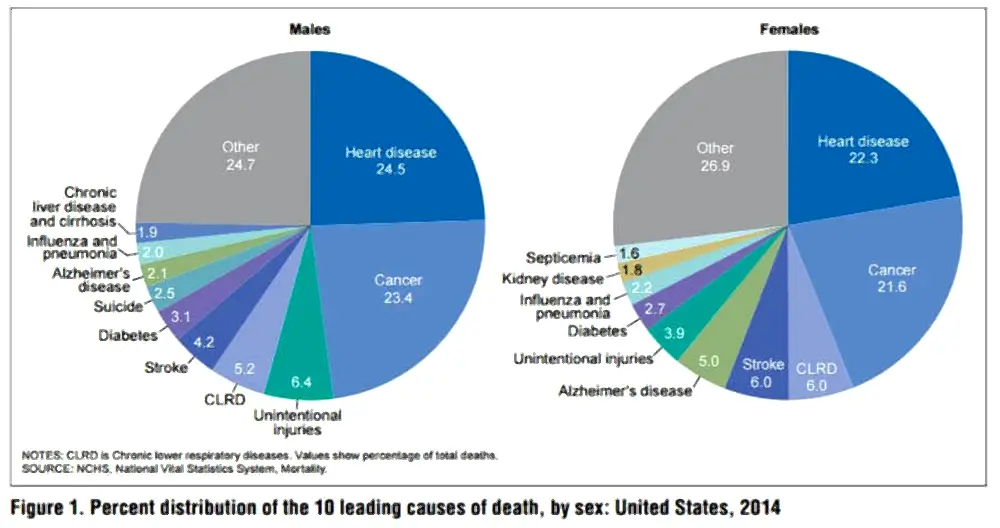
Los monos pueden morir de cáncer, pero no en cifras de 1 de cada 4. No es genético. La genética desempeña un papel, pero la causa subyacente es la inadaptación a la dieta actual de proteínas animales de alta calidad.
Hoy en día, la investigación y la medicina convencionales consideran que aproximadamente el 2% de los cánceres están causados exclusivamente por factores genéticos. Sólo el 2% es la cifra que da la medicina convencional. El resto se debe a la dieta. O, para ser más precisos, la proteína animal y la sobrecarga tóxica.
You still don’t want to believe that animal protein is the initial cause of cancer. In this study (Barnard et al., 2006) they put women on a low-fat (10-15% kcal), high-fiber (30-40 g per 1,000 kcal/day) diet meaning vegan, and also forced them to do daily exercise classes for just 14 days. Serum insulin and IGF-I were significantly reduced in all women. The conclusion was:
" El crecimiento in vitro de las líneas celulares BCa se redujo en un 6,6% en las células MCF-7, en un 9,9% en las células ZR-75-1 y en un 18,5% en las células T-47D. La apoptosis aumentó un 20% en las células ZR-75-1, un 23% en las células MCF-7 y un 30% en las células T-47D (n = 12)".
(Barnard et al., 2006)
En la traducción basta con mirar la imagen. Tomaron un poco de sangre de una mujer y las dejaron caer sobre las células cancerosas. Cuando usted ve que todos los puntos blancos que es la célula cancerosa que está muerto como resultado. Si usted come una dieta regular, todavía había alguna actividad contra el cáncer, y se puede ver que un punto en la placa de Petri a la izquierda.
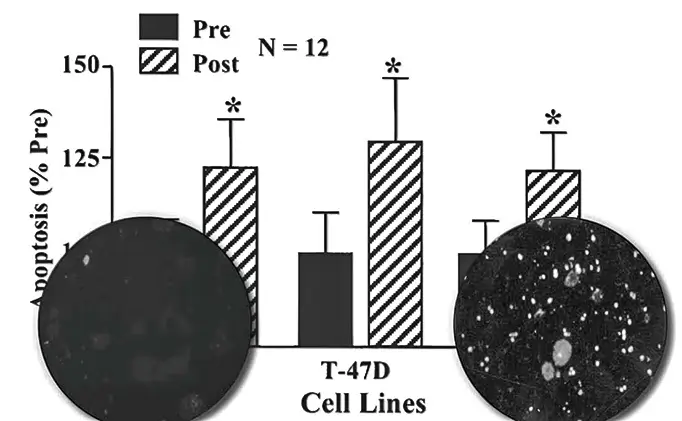
Hubo un experimento similar con los hombres y el cáncer de próstata con el resultado que muestra la sangre que matan las células cancerosas ocho veces mejor, y hasta ahora decenas de diferentes experimentos con la dieta vegana y el cáncer y el resultado son siempre los mismos.
La causa del cáncer es la dieta americana estándar como desencadenante de la elevación crónica de IGF1, la falta de autofagia, la inactividad del sistema inmunitario debido a la inflamación crónica, y todos los contaminantes y la sobrecarga tóxica procedentes del medio ambiente y la dieta. Las deficiencias nutricionales y los malos hábitos que se suman a la toxicidad también juegan un papel. Esto es una verdad.
Hubo estudios sobre una dieta vegana, pero luego añadieron IGF 1 inyectable a sus cuerpos, el mismo que les gusta usar a los culturistas, y el resultado final fue que el potencial hematófago de las células cancerígenas in vitro volvió a la normalidad.
The effect of lowering IGF1 level on cancer growth was so remarkably powerful that in this study done by Dr. Dean Ornish (Ornish et al., 2005) they were able to slow down the progression of prostate cancer by a remarkable 8 times rate and I quote:
"El crecimiento de las células de cáncer de próstata LNCaP (American Type Culture Collection, Manassas, Virginia) fue inhibido casi 8 veces más por el suero del grupo experimental que por el del grupo de control (70% frente a 9%, p <0,001) ".
(Ornish et al., 2005)
Los productos alimenticios y hay que recordar que se trata de un paquete. Las proteínas vienen con equipaje. La proteína animal con la inflamación y el colesterol y la grasa y la proteína vegetal viene con antioxidantes y fibra y no eleva el nivel de IGF 1. Algunas plantas combaten el cáncer tan bien que son mejores que los principales medicamentos sin efectos secundarios. Usted no tiene que aprender acerca de todas las propiedades que combaten el cáncer de todas las hierbas individuales sólo recuerde que la variedad es la clave y si usted quiere o tiene antecedentes familiares de algún tipo de cáncer puede mirar hacia arriba a algunas plantas específicas, hongos o suplementos. Las hierbas medicinales y los suplementos son un tema vasto, y analizaré algunos de ellos como la curcumina por ejemplo en artículos correlacionados y en la serie de libros.
Referencias:
- Barnard, R. J., Gonzalez, J. H., Liva, M. E., & Ngo, T. H. (2006). Effects of a low-fat, high-fiber diet and exercise program on breast cancer risk factors in vivo and tumor cell growth and apoptosis in vitro. Nutrition and cancer, 55(1), 28–34. https://doi.org/10.1207/s15327914nc5501_4
- Ornish, D., Weidner, G., Fair, W. R., Marlin, R., Pettengill, E. B., Raisin, C. J., Dunn-Emke, S., Crutchfield, L., Jacobs, F. N., Barnard, R. J., Aronson, W. J., McCormac, P., McKnight, D. J., Fein, J. D., Dnistrian, A. M., Weinstein, J., Ngo, T. H., Mendell, N. R., & Carroll, P. R. (2005). Intensive lifestyle changes may affect the progression of prostate cancer. Revista de urología, 174(3), 1065–1070. https://doi.org/10.1097/01.ju.0000169487.49018.73
Posts Relacionados
¿Tienes alguna duda acerca de la nutrición y la salud?
Me encantaría saber de usted y responderlas en mi próxima publicación. Agradezco sus aportes y opiniones y espero tener noticias suyas pronto. También te invito a síguenos en Facebook, Instagram y Pinterest para más contenidos sobre dieta, nutrición y salud. Puedes dejar un comentario allí y conectar con otros entusiastas de la salud, compartir tus consejos y experiencias, y recibir apoyo y ánimo de nuestro equipo y nuestra comunidad.
Espero que este post le haya resultado informativo y ameno y que esté preparado para aplicar los conocimientos adquiridos. Si le ha resultado útil, por favor compártelo con tus amigos y familiares que también podrían beneficiarse de ella. Nunca se sabe quién puede necesitar orientación y apoyo en su camino hacia la salud.
– También Te Puede Interesar –

Aprenda Sobre Nutricion
Milos Pokimica es doctor en medicina natural, nutricionista clínico, escritor sobre salud médica y nutrición y asesor en ciencias de la nutrición. Autor de la serie de libros Go Vegan? Revisión de la Ciencia, también dirige el sitio web sobre salud natural GoVeganWay.com.
Descargo De Responsabilidad Médica
GoVeganWay.com le ofrece reseñas de las últimas investigaciones relacionadas con la nutrición y la salud. La información proporcionada representa la opinión personal del autor y no pretende ni implica sustituir el asesoramiento, diagnóstico o tratamiento médico profesional. La información proporcionada tiene fines informativos únicamente y no pretende sustituir la consulta, el diagnóstico y/o el tratamiento médico de un médico o proveedor de atención médica calificado.NUNCA ignore el CONSEJO MÉDICO PROFESIONAL O RETRASAR la BÚSQUEDA de TRATAMIENTO MÉDICO a CAUSA DE ALGO QUE HAYA LEÍDO EN O accesibles a TRAVÉS de GoVeganWay.com
NUNCA APLICAR CUALQUIER cambio de ESTILO de vida O CAMBIOS EN su totalidad COMO UNA CONSECUENCIA DE ALGO QUE HA LEÍDO EN GoVeganWay.com ANTES de CONSULTAR con LICENCIA PROFESIONAL MÉDICO.
En el caso de una emergencia médica, llame a un médico o al 911 inmediatamente. GoVeganWay.com no se recomienda ni aprueba ninguna de los grupos, las organizaciones, las pruebas, los médicos, productos, procedimientos, opiniones u otra información que pueda ser mencionado en el interior.
Selecciones del editor –
Milos Pokimica es doctor en medicina natural, nutricionista clínico, escritor sobre salud médica y nutrición y asesor en ciencias de la nutrición. Autor de la serie de libros Go Vegan? Revisión de la Ciencia, también dirige el sitio web sobre salud natural GoVeganWay.com.
Últimos artículos -
Planta De Noticias Basado En
-
You Can Now Buy Vegan Deviled Eggs In The US
el julio 8, 2024
-
UK Rewilding Group Could Bring Rare White Storks To London
el julio 8, 2024
-
How To Make This Raspberry Smoothie Bowl In Under 10 Minutes
el julio 8, 2024
-
Blackbirds In South Of England Struggling As Climate-Linked Virus Spreads
el julio 7, 2024
-
CDC Reports Fourth Human Case Of Bird Flu In US
el julio 6, 2024
-
What The New UK Labour Government Means For Animals
el julio 5, 2024
-
Plant-Based Company Unveils ‘Minimally Processed’ Egg Replacement For Burgers
el julio 5, 2024
Top Noticias De Salud — ScienceDaily
- Brain size riddle solved as humans exceed evolution trendel julio 8, 2024
The largest animals do not have proportionally bigger brains — with humans bucking this trend — a new study has revealed.
- GeneMAP discovery platform will help define functions for ‘orphan’ metabolic proteinsel julio 8, 2024
Researchers have developed a discovery platform to probe the function of genes involved in metabolism — the sum of all life-sustaining chemical reactions. The investigators used the new platform, called GeneMAP (Gene-Metabolite Association Prediction), to identify a gene necessary for mitochondrial choline transport.
- How to stop cancer cachexia? Start at the topel julio 8, 2024
Researchers have discovered a new potential drug target for the lethal wasting disease known as cancer cachexia. Their findings illustrate that even small groups of neurons in the brain can have an outsized impact on the body’s cancer response.
- Why some abusive bosses get a pass from their employeesel julio 8, 2024
Why do employees sometimes accept working for an abusive boss? A new study suggests that when a leader is seen as a high performer, employees are more likely to label abuse as just ‘tough love.’
- Engineers find a way to protect microbes from extreme conditionsel julio 5, 2024
Researchers have now developed a new way to make microbes hardy enough to withstand extreme conditions such as heat and the manufacturing processes used to formulate the microbes into powders or pills for long-term storage.
- Scientists discover new T cells and genes related to immune disordersel julio 5, 2024
Researchers have discovered several rare types of helper T cells that are associated with immune disorders such as multiple sclerosis, rheumatoid arthritis, and even asthma. The discoveries were made possible by a newly developed technology they call ReapTEC. The new T cell atlas is publicly available and should help in the development of new drug therapies for immune-mediated diseases.
- Scientists map how deadly bacteria evolved to become epidemicel julio 5, 2024
Pseudomonas aeruginosa — an environmental bacteria that can cause devastating multidrug-resistant infections, particularly in people with underlying lung conditions — evolved rapidly and then spread globally over the last 200 years, probably driven by changes in human behavior, a new study has found.
PubMed, #Dieta vegana –
- Symptoms of functional dyspepsia and irritable bowel syndrome among medical students in Slovakia and their relation to diet and exerciseel julio 8, 2024
CONCLUSION: The results of this multicentre study represent the first published data for the presence of symptoms of IBS and FD in Slovakia. Our data also show a significantly higher prevalence of IBS in students from Scandinavia compared with those from Central/Eastern Europe. A higher frequency of physical exercise is associated with a lower presence of symptoms of FD. On the other hand, the symptoms of FD were mostly prevalent in the group adhering to a vegan and vegetarian type diet.
- A Case Report and Literature Review on Dietary Practices and Megaloblastic Anemia in a Young Female: Unraveling the Impact of Nutrition on Hematological Healthel julio 4, 2024
Megaloblastic anemia, stemming from vitamin B12 or folate deficiencies, poses diagnostic challenges due to its diverse clinical presentation. We report a case of a 25-year-old female college student presenting with symptoms indicative of megaloblastic anemia, attributed to her recent adoption of a strict vegetarian and vegan diet. Clinical manifestations included dizziness, palpitations, blurred vision, vertigo, headaches, burning sensations, excessive sweating, mouth ulcers, and […]
- The Effect of a Vegan Diet on the Health Indicators and Outcomes of P atients with Type 2 Diabetes Mellitusel julio 3, 2024
CONCLUSION: Incorporating a vegan diet can be a valuable factor to consider in managing T2DM, as it can offer numerous benefits, such as increased insulin sensitivity, weight loss, and reduced blood sugar levels. It helps to reduce cholesterol levels, LDL, and triglyceride levels, which are all risk factors associated with T2DM. By reducing these risk factors, the vegan diet can improve the overall health of T2DM patients. .
- Glycaemic index and glycaemic load of selected packaged vegan foodsel junio 28, 2024
While there are data regarding the glycaemic index (GI) and glycaemic load (GL) of many foods in the literature, the values for packaged vegan analogue foods have not been previously published, although processed vegan foods usually contain more carbohydrates than their animal-based counterparts. This study was carried out to determine the GI and GL values of a selection of packaged vegan foods popular in Türkiye. To determine the GI and GL of test foods, 12 healthy volunteer females…
- Does Dietary Supplement Use Increase Micronutrient Intake Adequacy in Healthy Adults with Habitual Omnivorous, Vegetarian, Vegan, and Low-Carbohydrate High-Fat Diets?el junio 27, 2024
Diets omitting whole food groups pose a risk for micronutrient insufficiencies, but there are no data as to whether those are suitably attenuated with dietary supplements (DS). Micronutrient intakes with food and DSs were analyzed in 130 healthy adults: 32 vegans, 37 vegetarians, 24 following low-carbohydrate high-fat diet (LCHF), and 37 omnivores. A total of 63% used DS (84% of vegans, 75% of LCHF, 54% of vegetarians, and 46% of omnivores); however, a DS did not always tackle dietary…
Publicaciones aleatorias –
Publicaciones destacadas -

La última versión desde PubMed, #Dieta basada en plantas –
- Exploring the potential causal effects of food preferences on irritable bowel syndrome risk: A two-sample Mendelian randomization studypor Tao Zhang el julio 8, 2024
CONCLUSION: Our study revealed potential causal associations between food preference and IBS from a genetic perspective, which provides a dietary reference for such patients.
- Symptoms of functional dyspepsia and irritable bowel syndrome among medical students in Slovakia and their relation to diet and exercisepor Peter Liptak el julio 8, 2024
CONCLUSION: The results of this multicentre study represent the first published data for the presence of symptoms of IBS and FD in Slovakia. Our data also show a significantly higher prevalence of IBS in students from Scandinavia compared with those from Central/Eastern Europe. A higher frequency of physical exercise is associated with a lower presence of symptoms of FD. On the other hand, the symptoms of FD were mostly prevalent in the group adhering to a vegan and vegetarian type diet.
- Exploring Culinary Diversity to Enhance Mediterranean Diet Adherence: A Randomized Controlled Trialpor Yael Shavit el julio 7, 2024
We Investigated how promoting diverse, healthy food options affects long-term dietary choices. We hypothesized that encouraging exploration of nutritious plant-based foods would lead to lasting improvements in diet. Participants (N=211) were randomly assigned into two groups for a 6-week intervention: The fixed menu group was given the same large menu every week, while the changing menu group received a new small menu each week. At the end of the intervention both groups were exposed to the […]
- MicroRNAs and the Mediterranean diet: a nutri-omics perspective for lung cancerpor Roberto Cuttano el julio 7, 2024
Lung cancer is the deadliest cancer type worldwide with ~ 1.8 million deaths per-year. Smoking accounts for ~ 85% of all cases, with a described joint effect with unhealthy diet in lung cancer risk increase. Public health policies to prevent carcinogens exposure, promote smoking cessation and advocacy for healthy nutrition, are therefore highly recommended. Here we have examined the benefits of the Mediterranean Diet (MedDiet) in protecting against some non-communicable diseases including […]
- The association between dietary patterns before pregnancy and gestational diabetes mellitus: a matched case-control study in Chinapor Xinxin Li el julio 5, 2024
CONCLUSIONS: The “plant-based pattern” may reduce the risk of GDM. Besides, although the “cereals-nuts pattern” had no association with GDM risk, avoiding the intake of deep-fried dough sticks could decrease GDM risk.
- Vegetarian and plant-based diets associated with lower incidence of COVID-19por Júlio César Acosta-Navarro el julio 5, 2024
CONCLUSION: Plant-based and mainly vegetarian diets were associated with a lower incidence of COVID-19 infection. These dietary patterns may be considered protective against COVID-19 infection. (Study protocol registered in CAAE: 54351421.4.0000.0068.).

